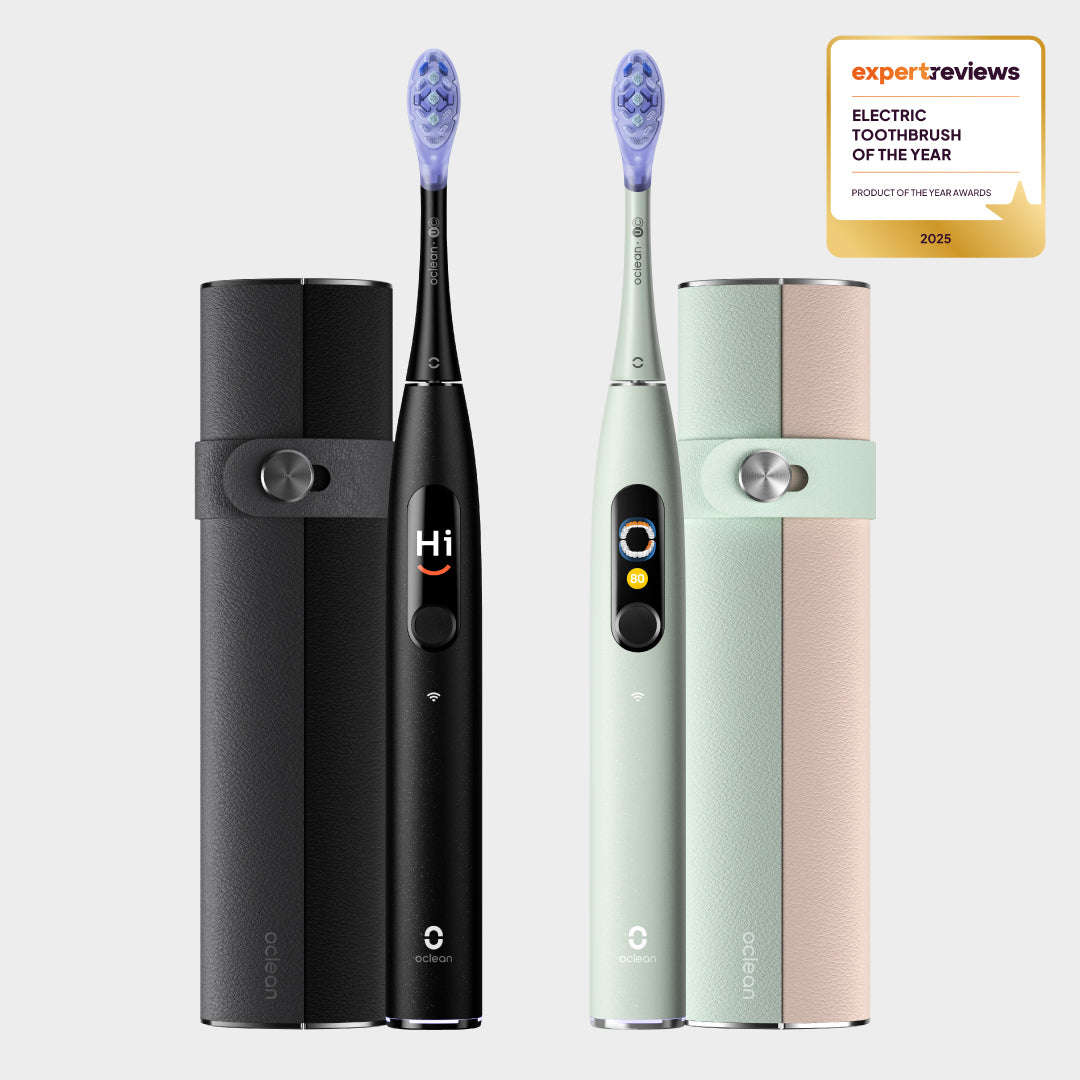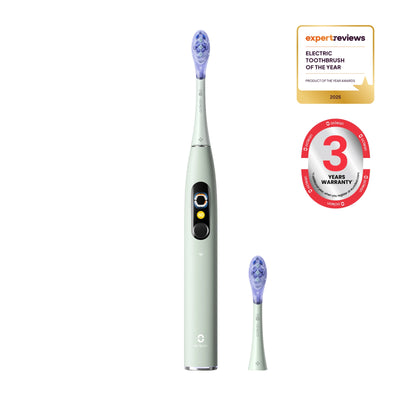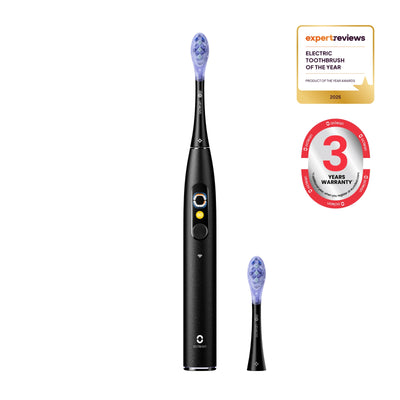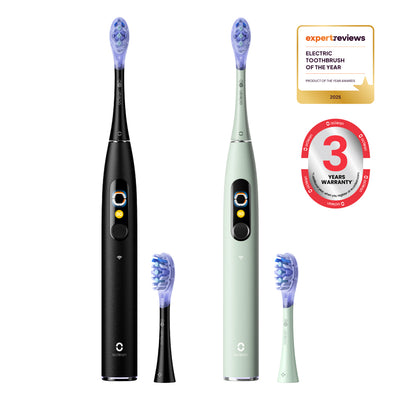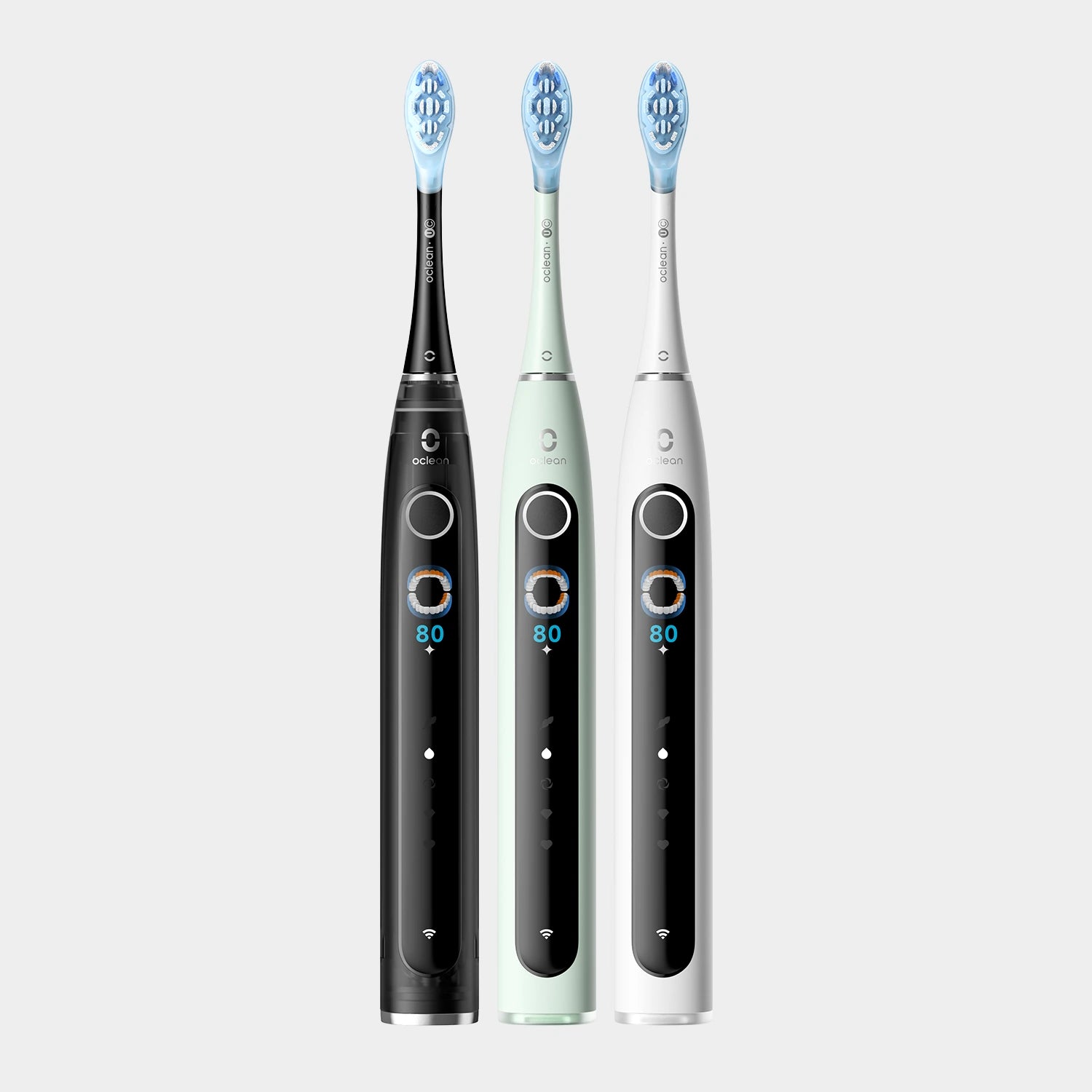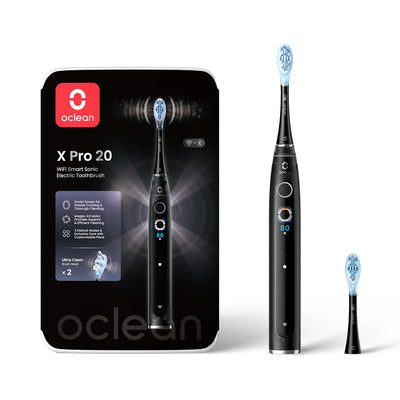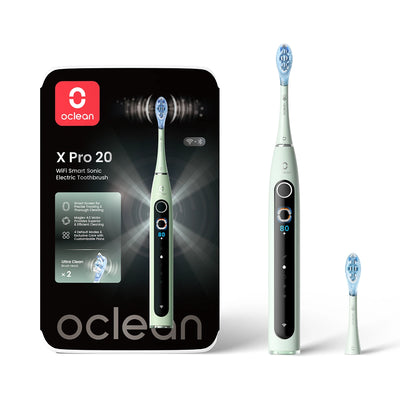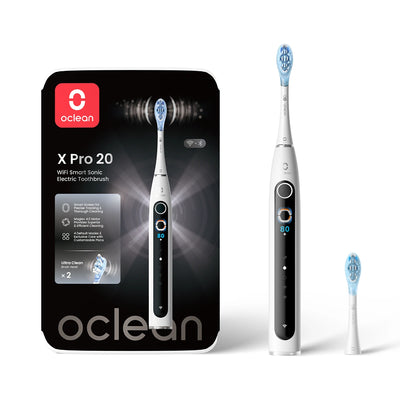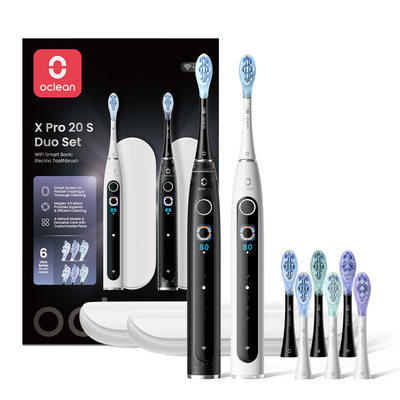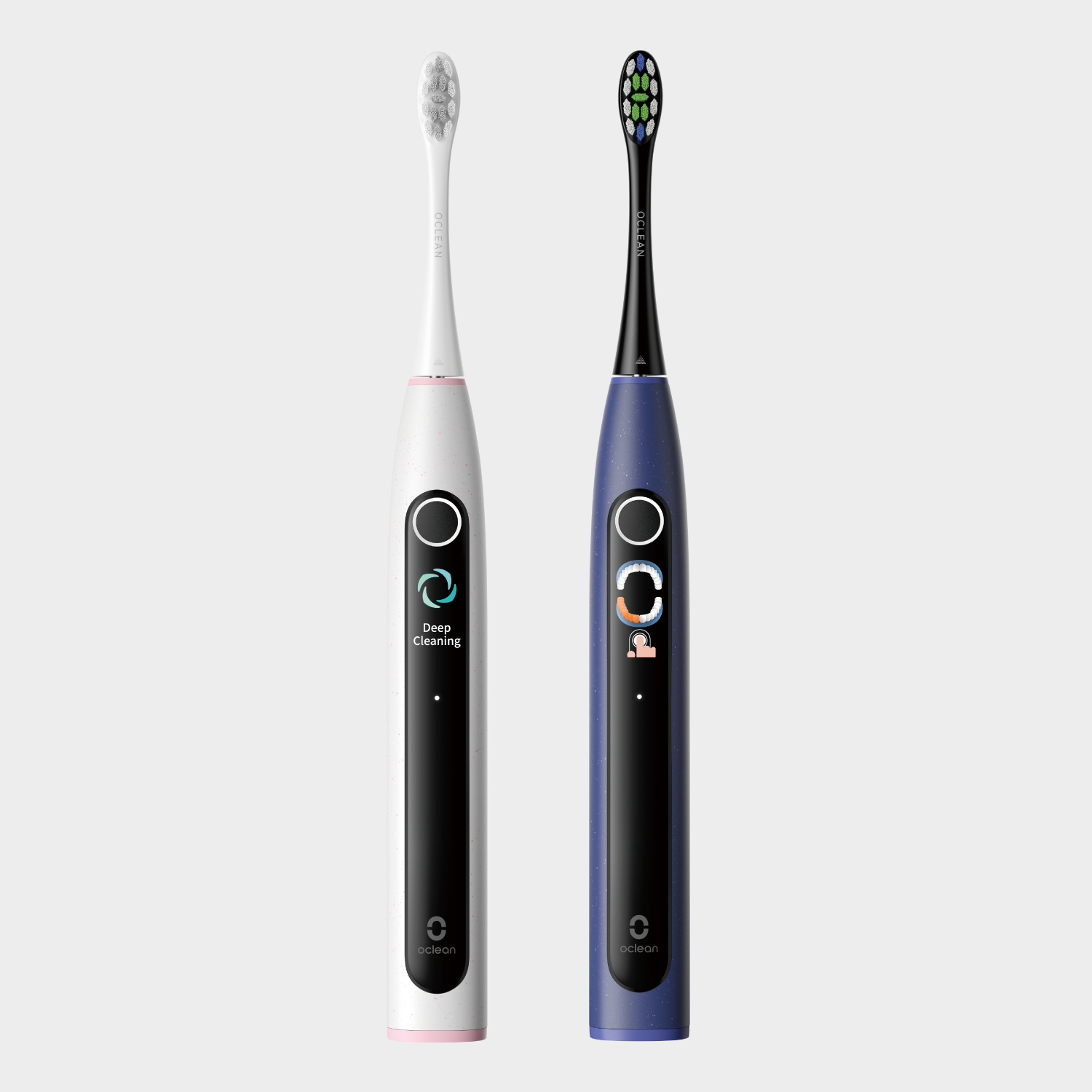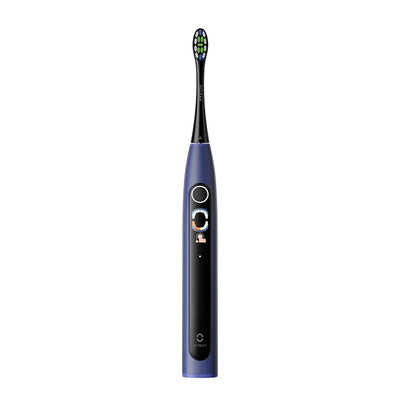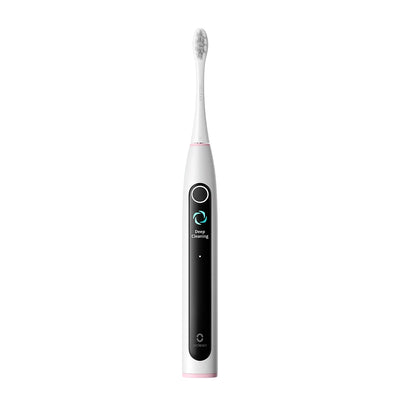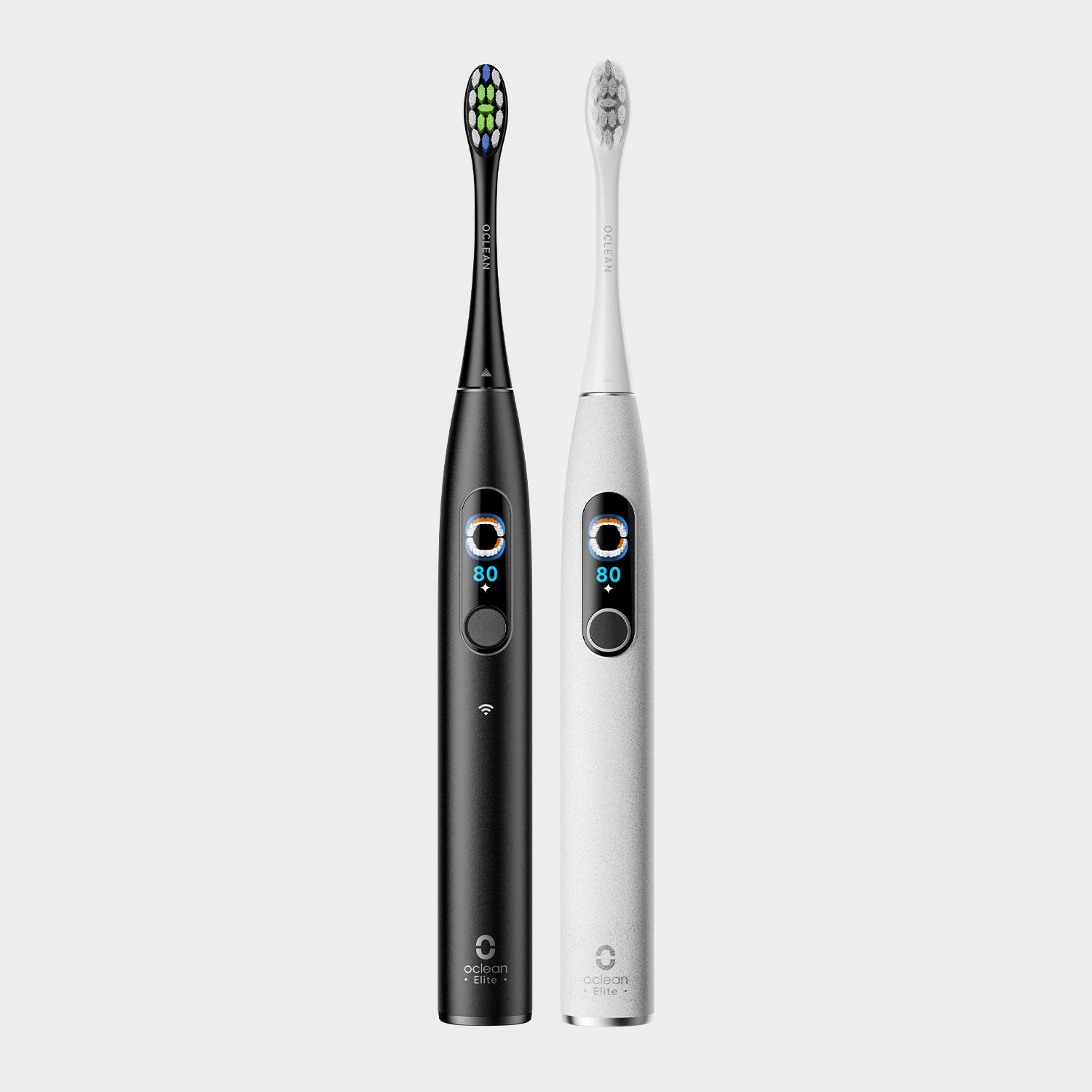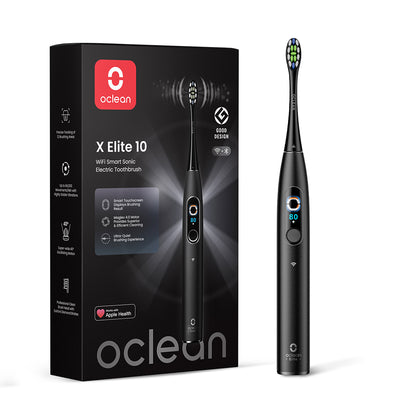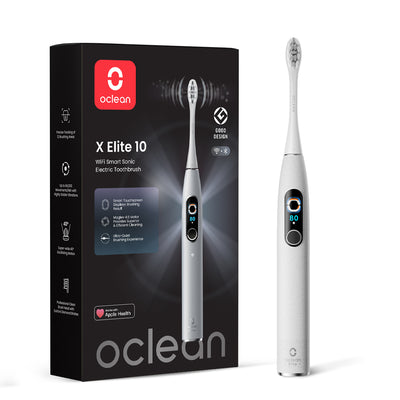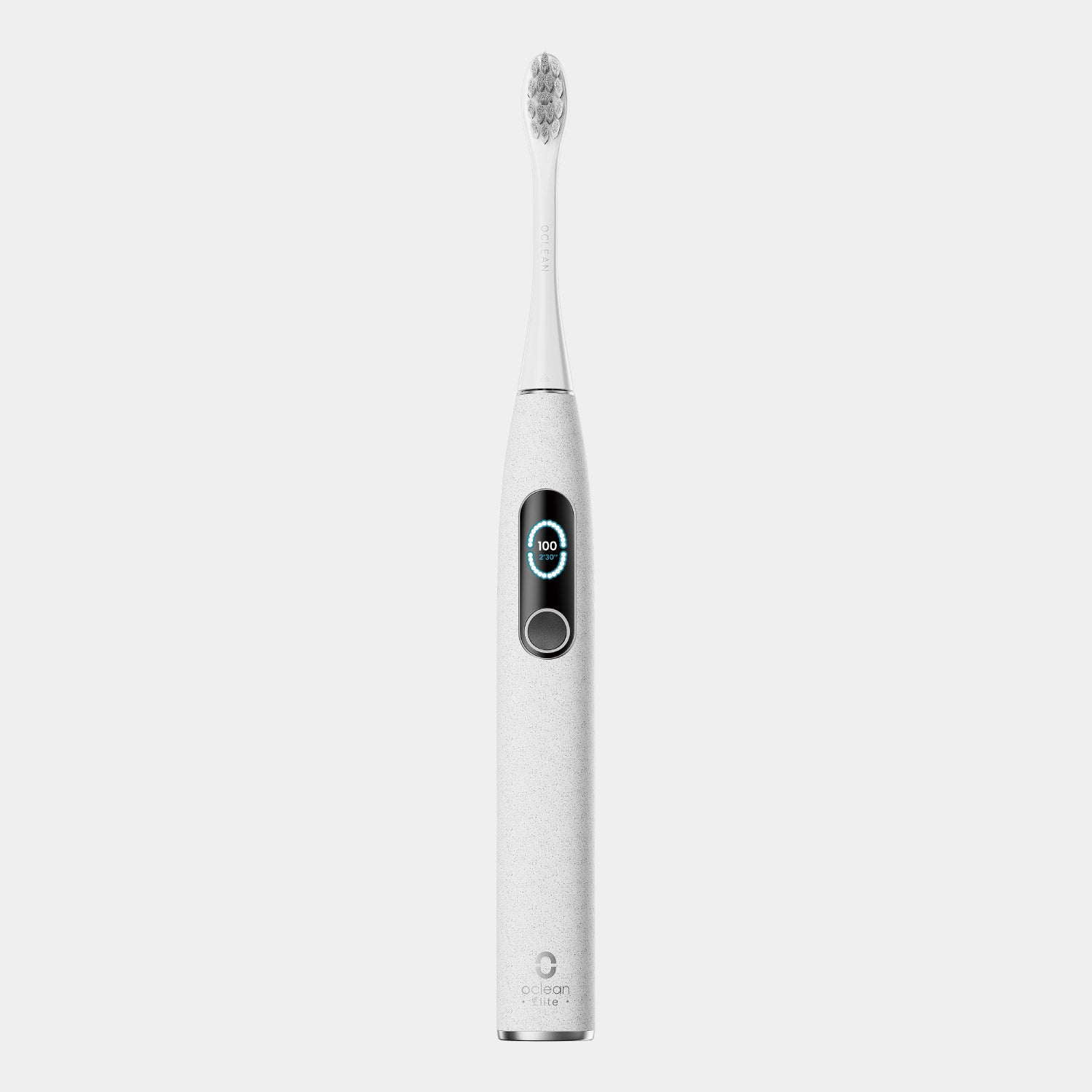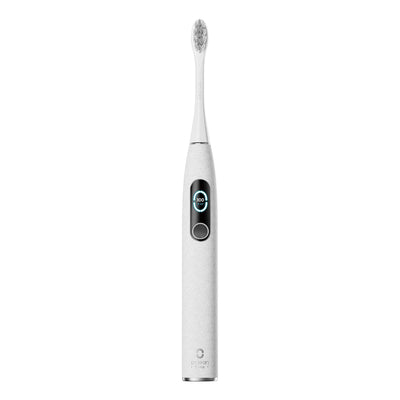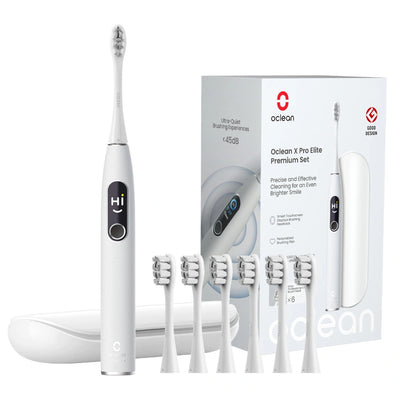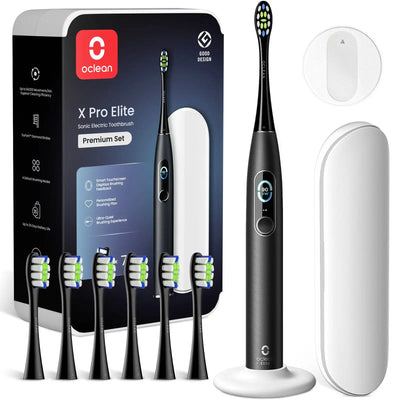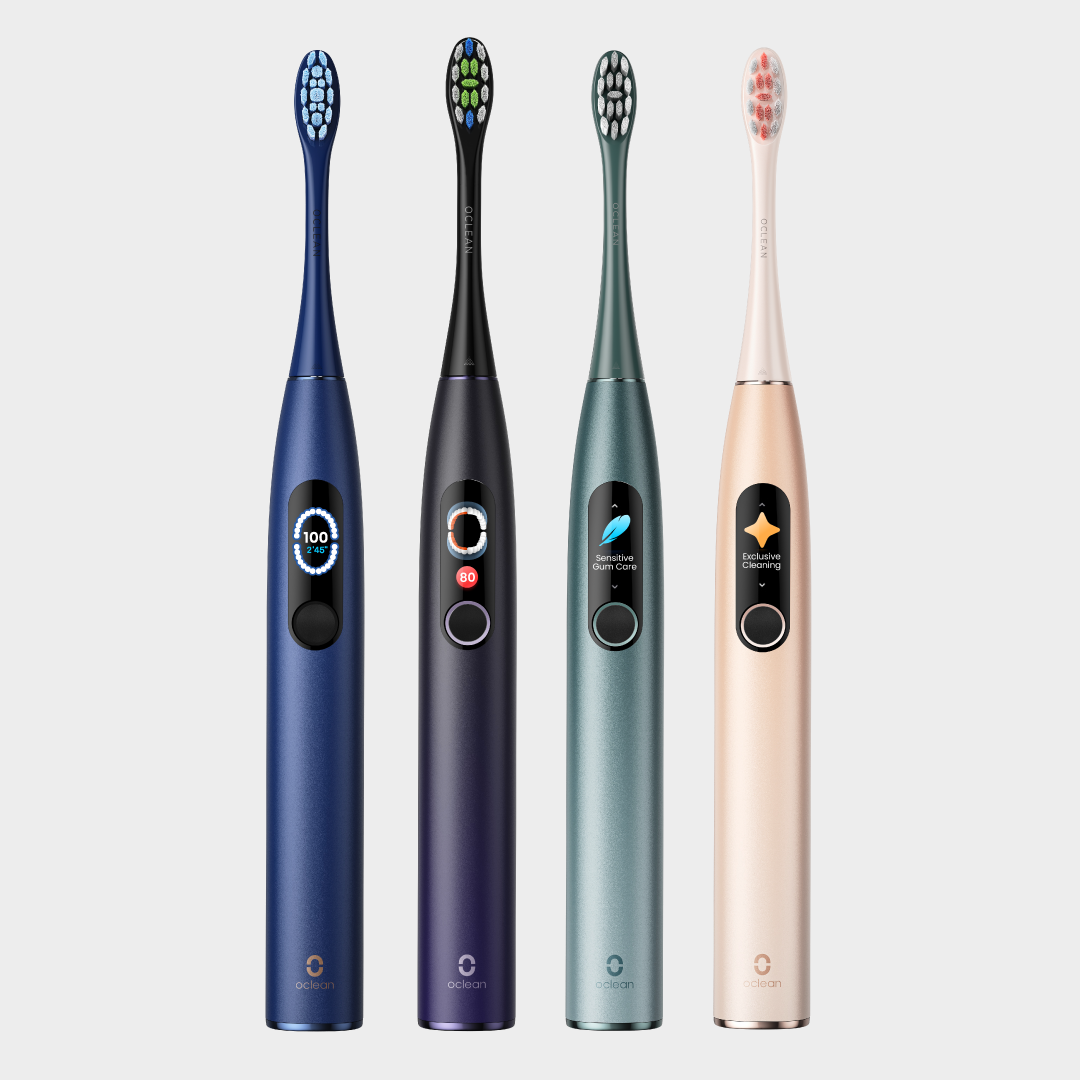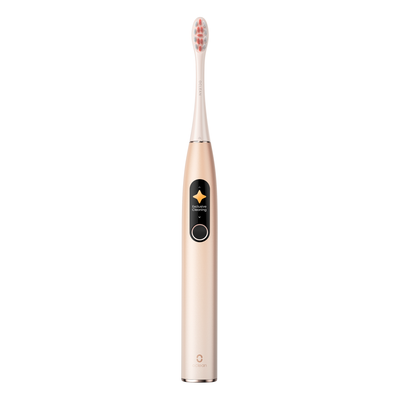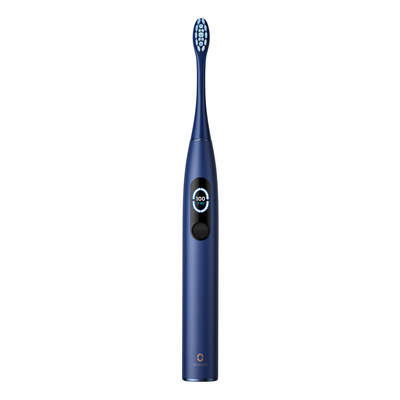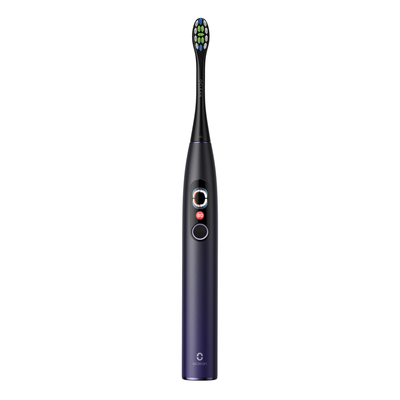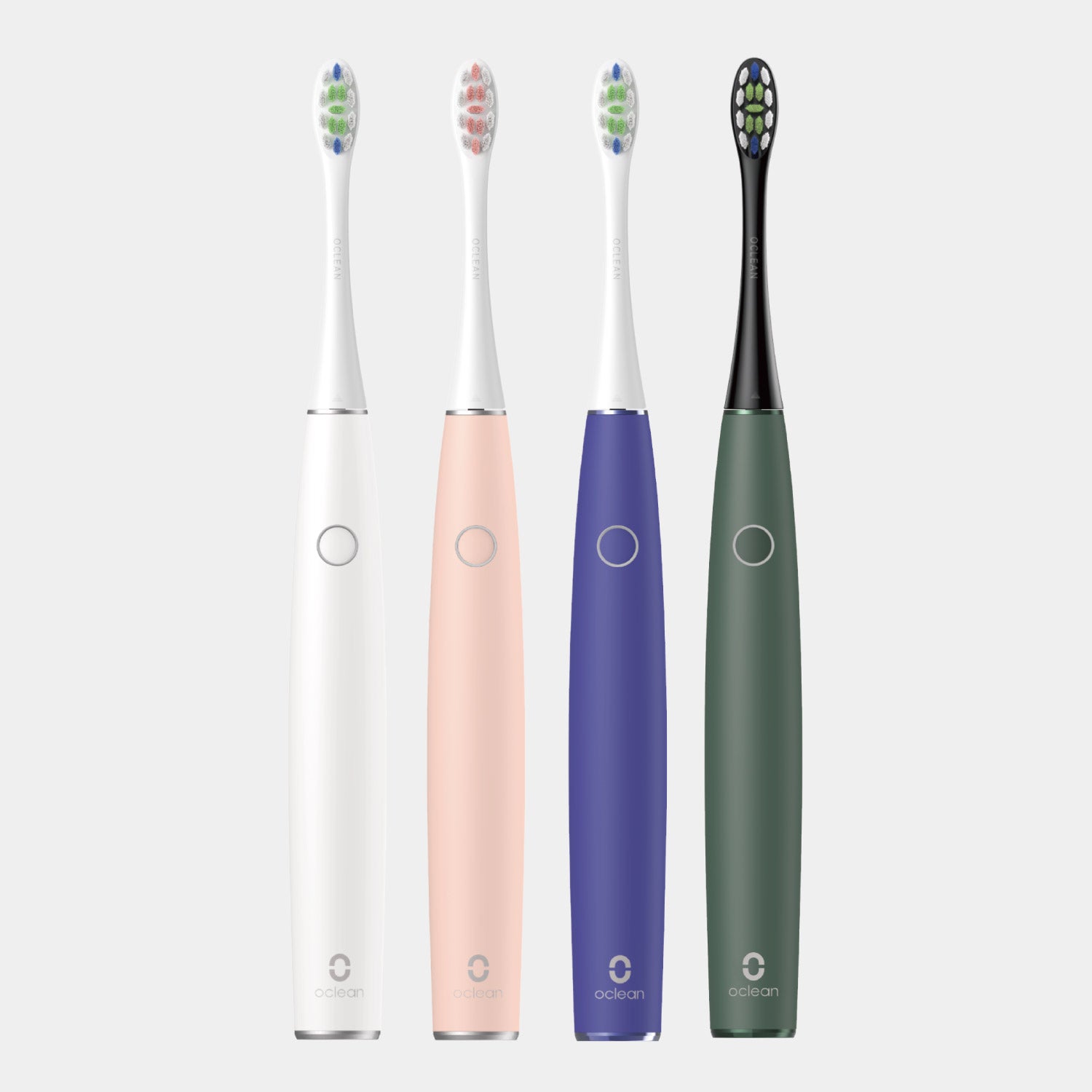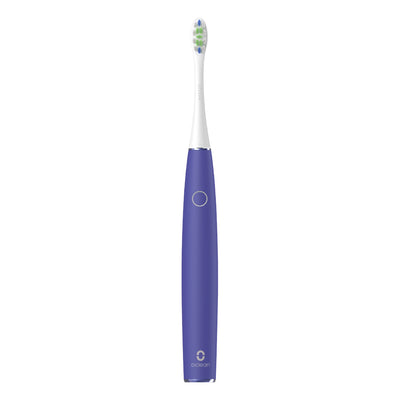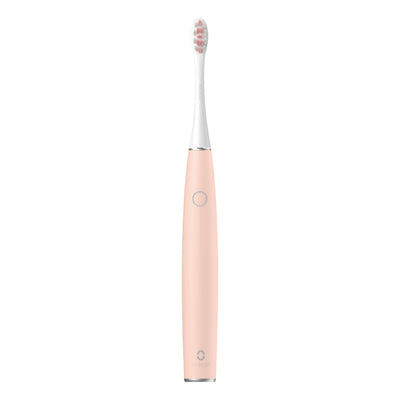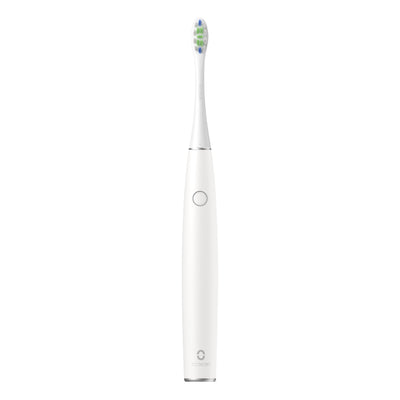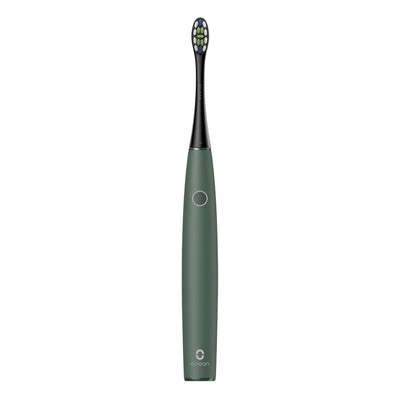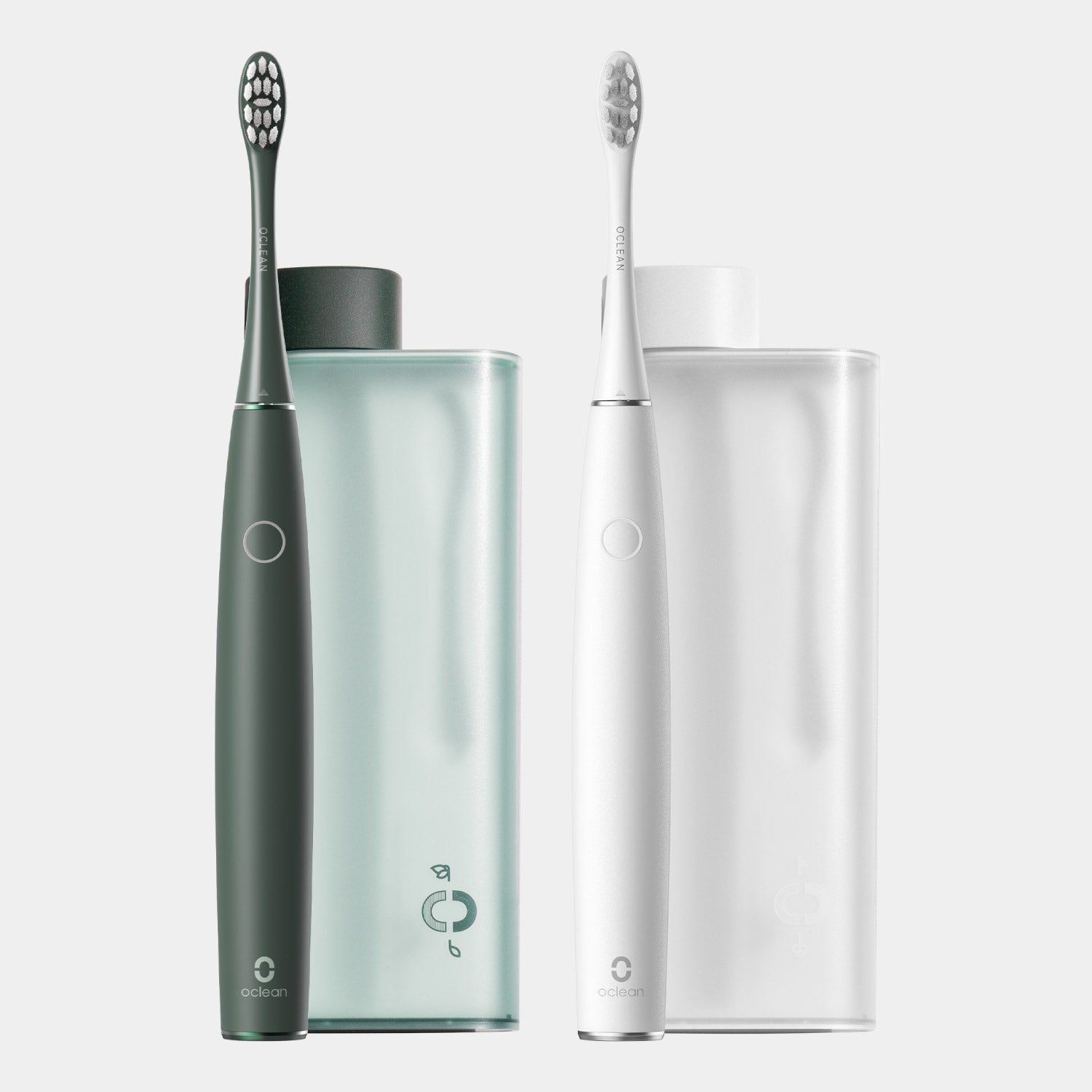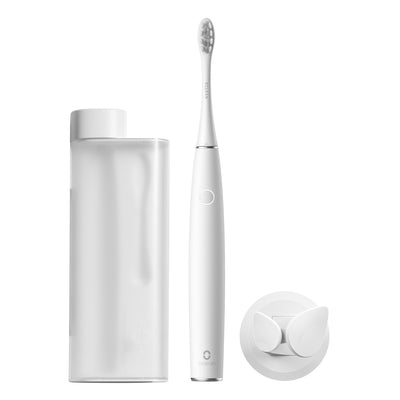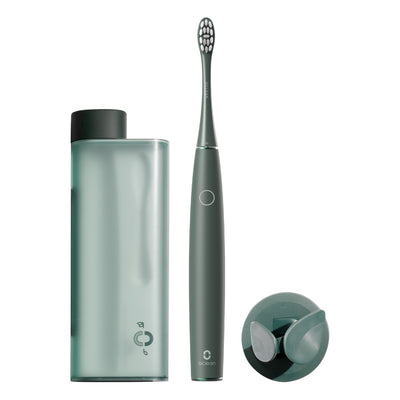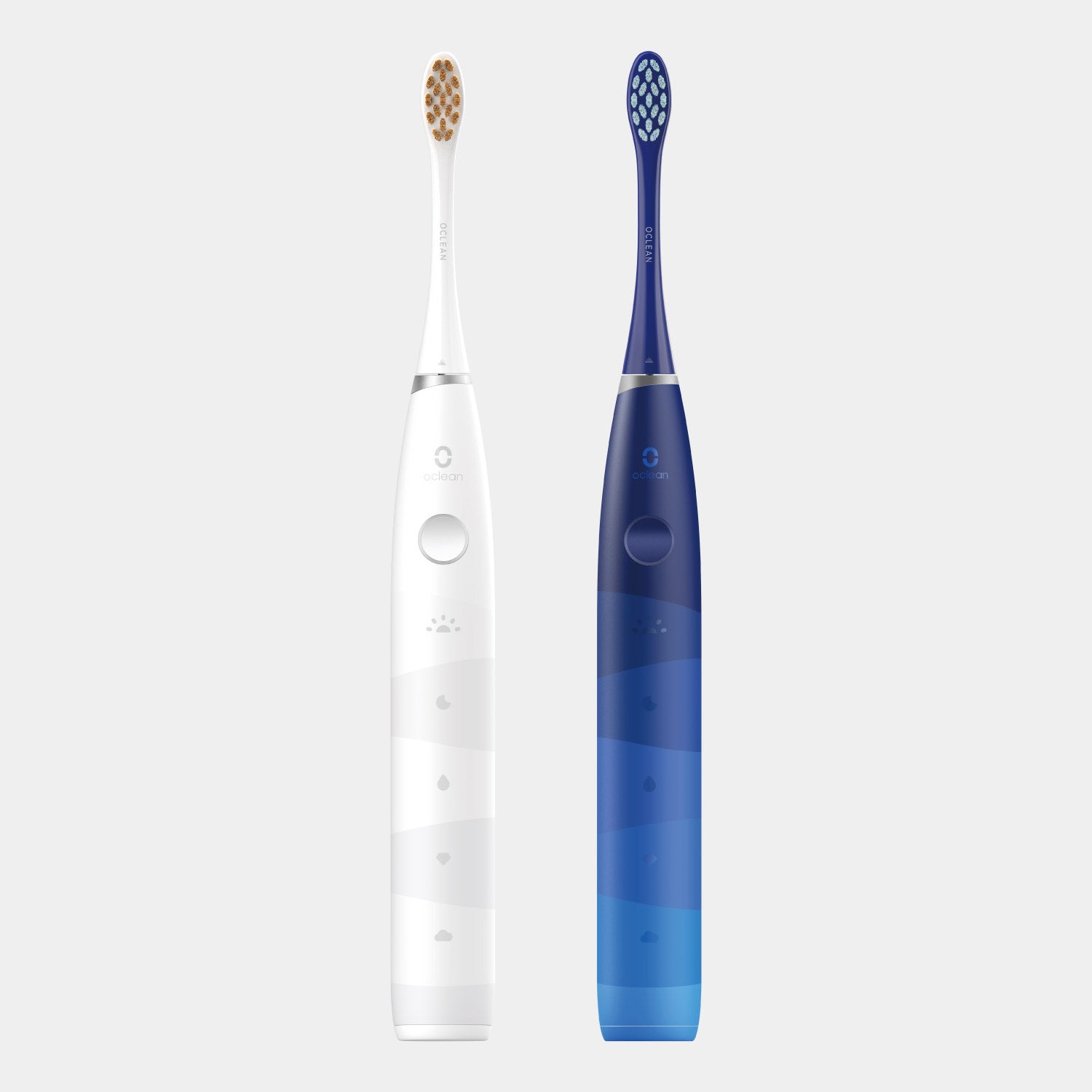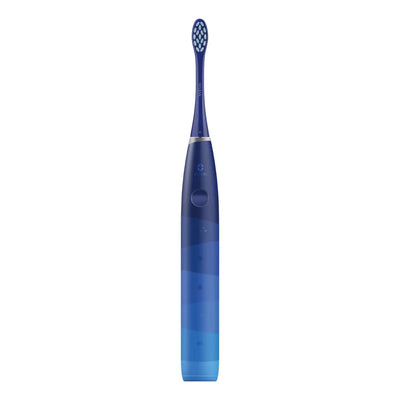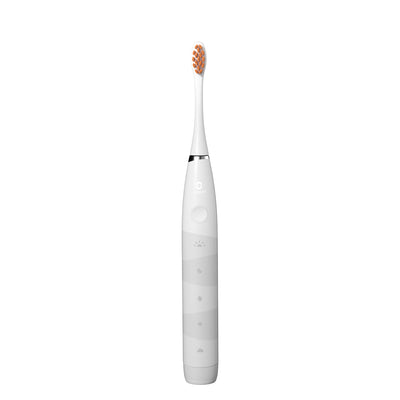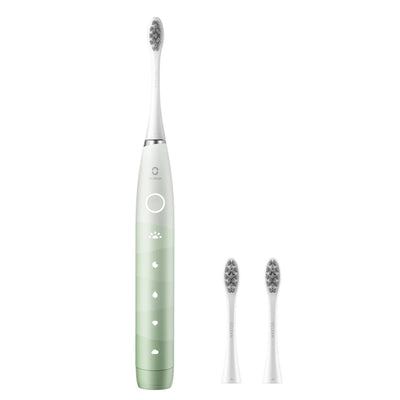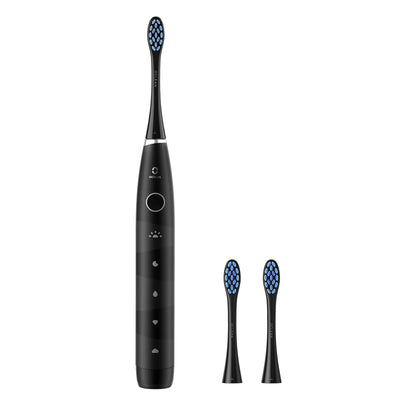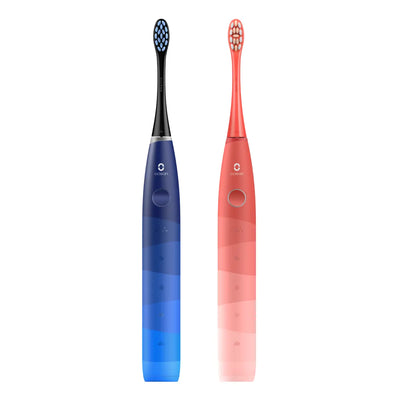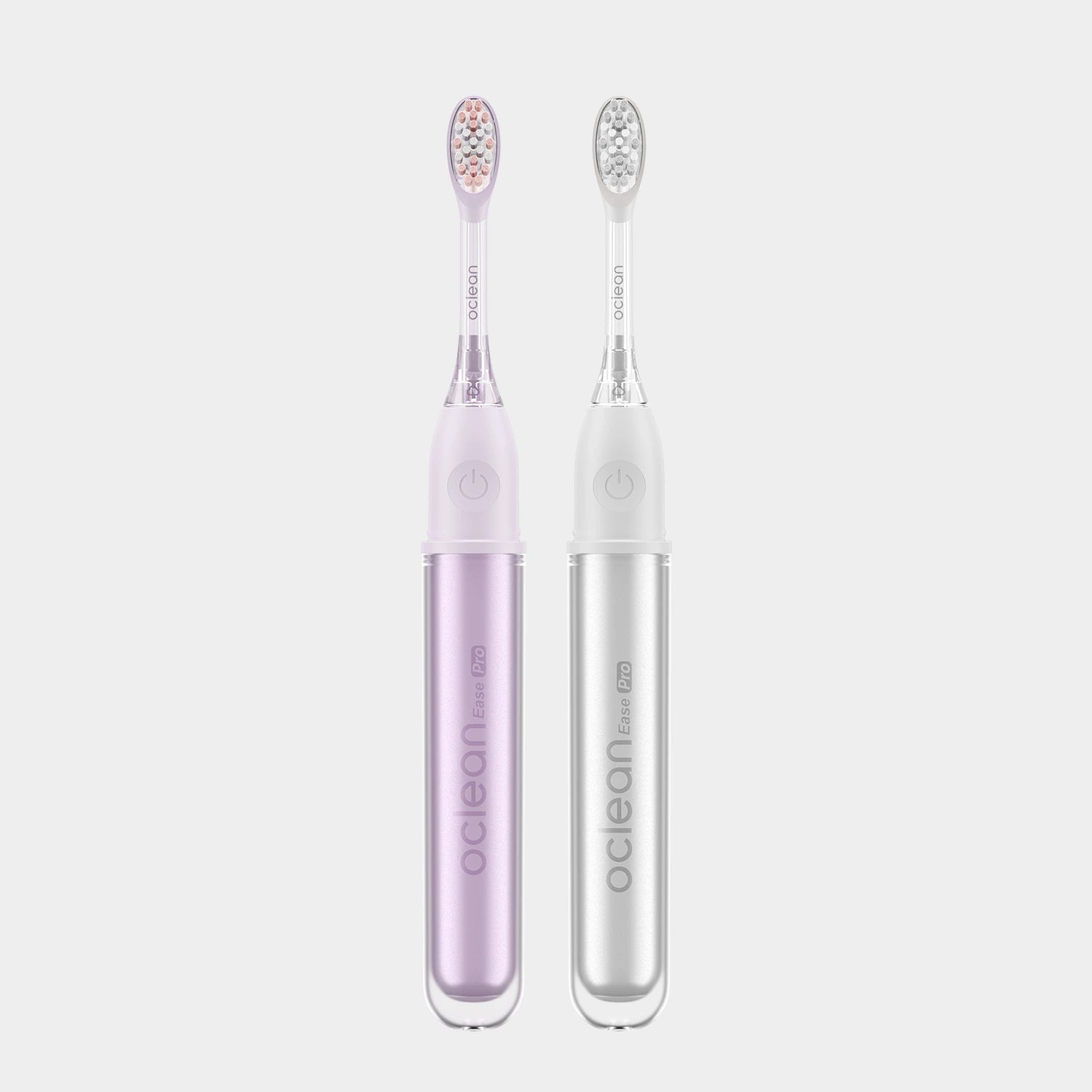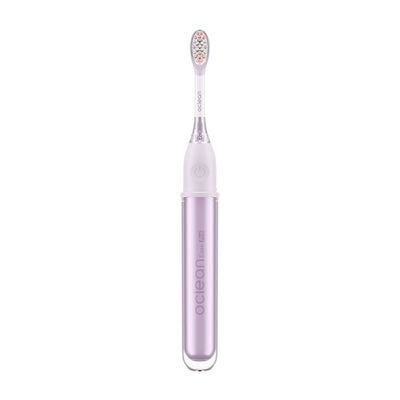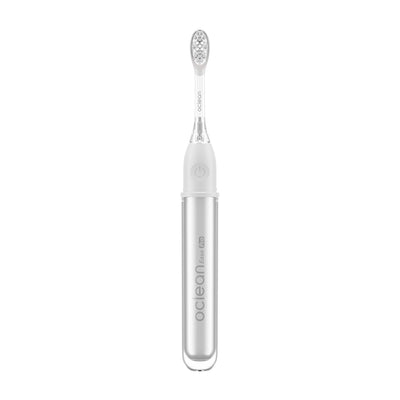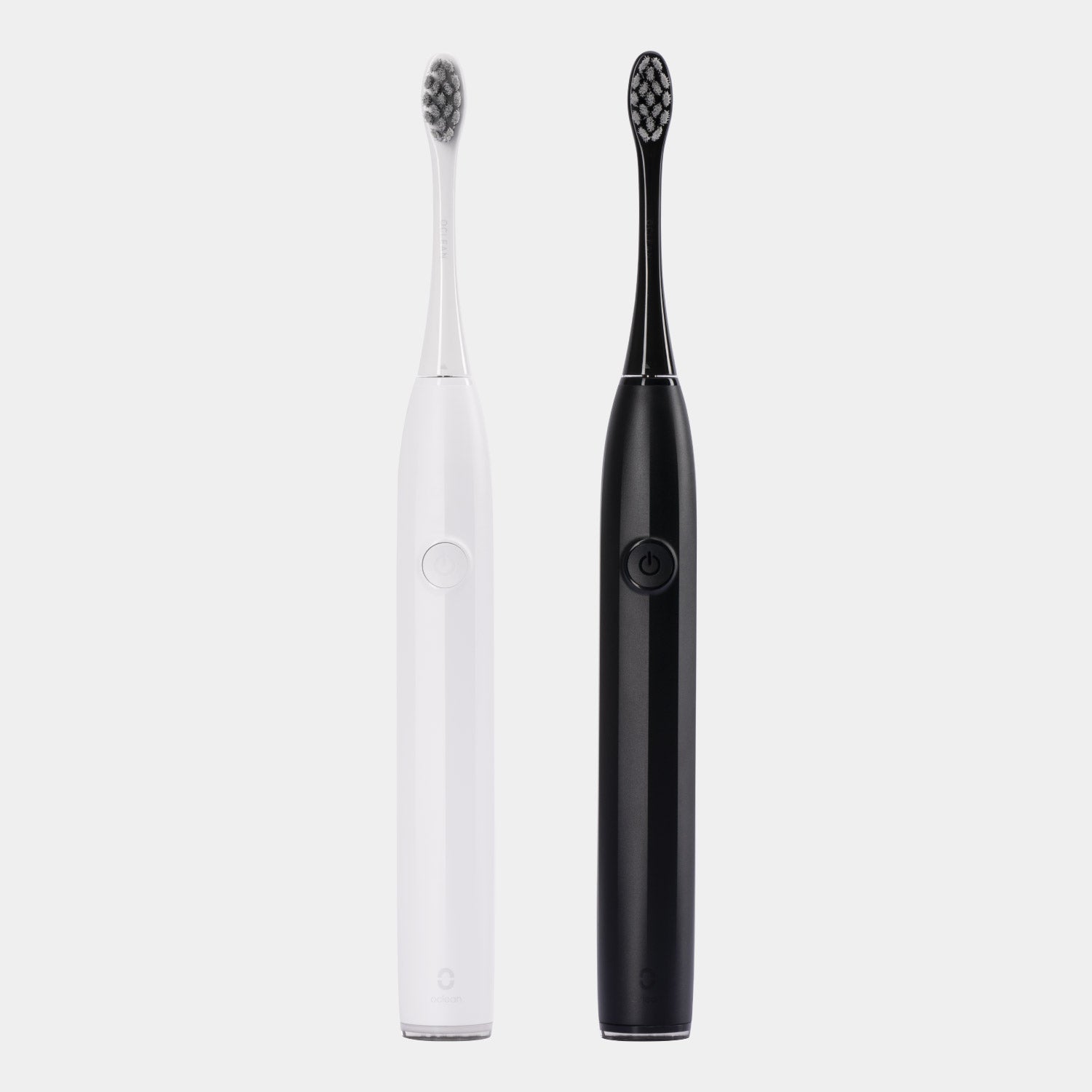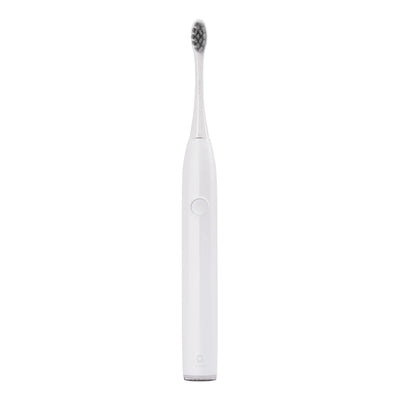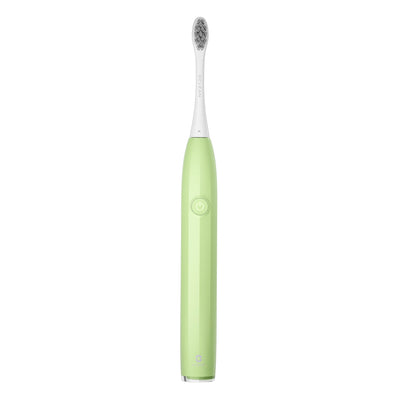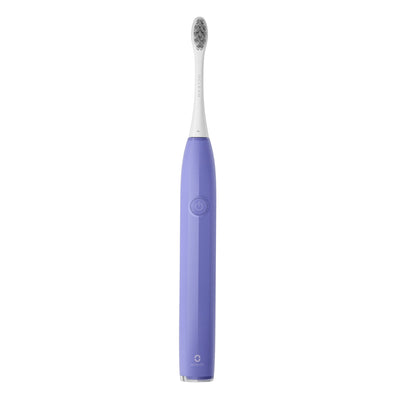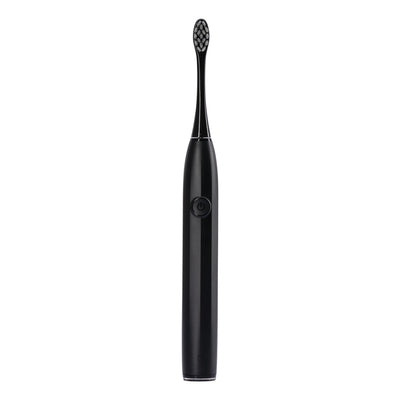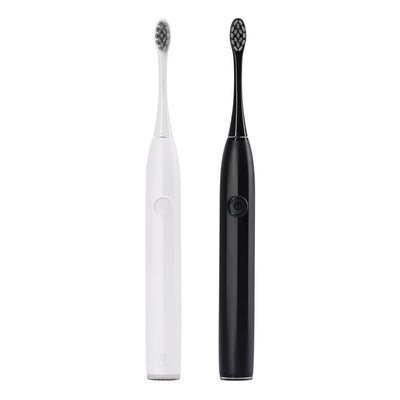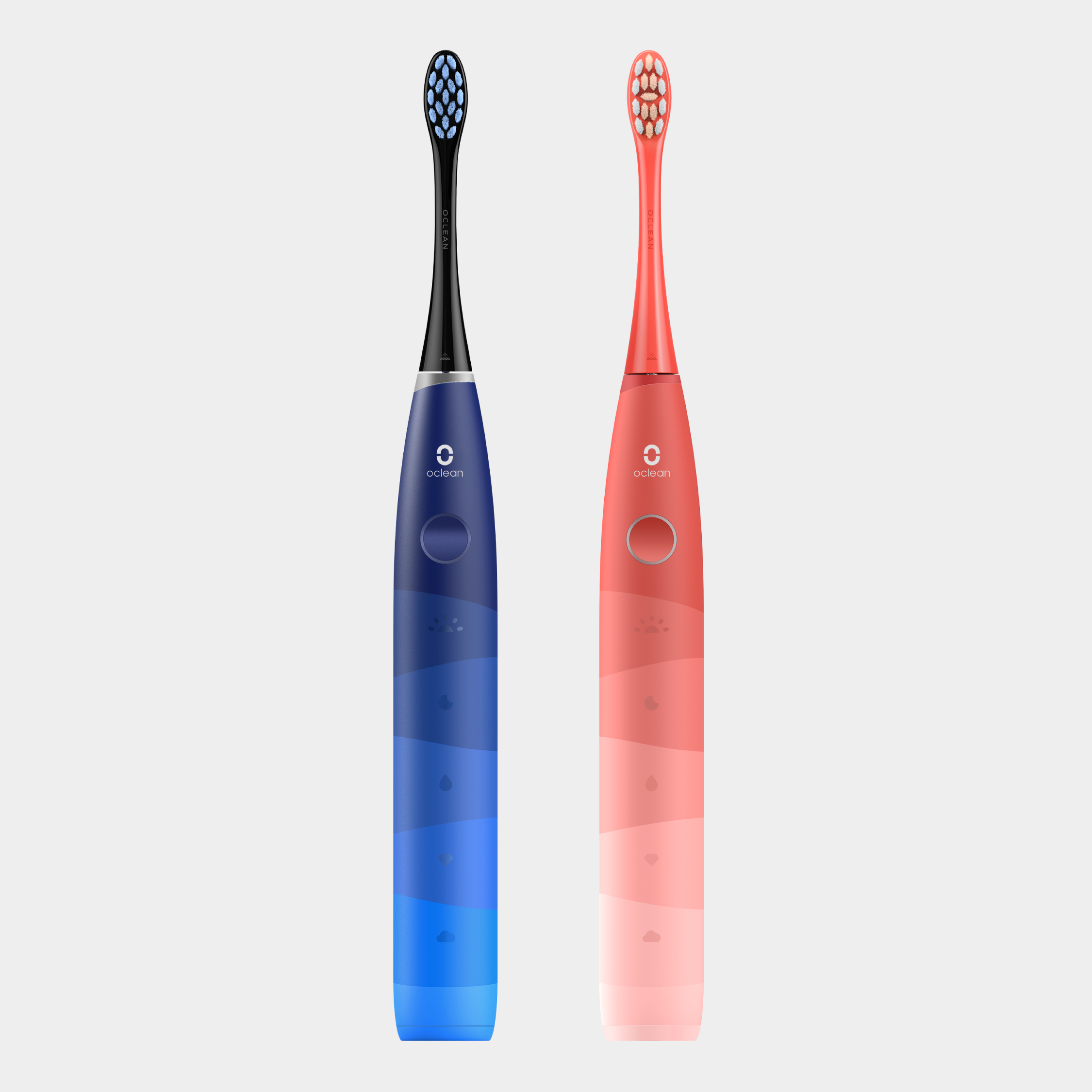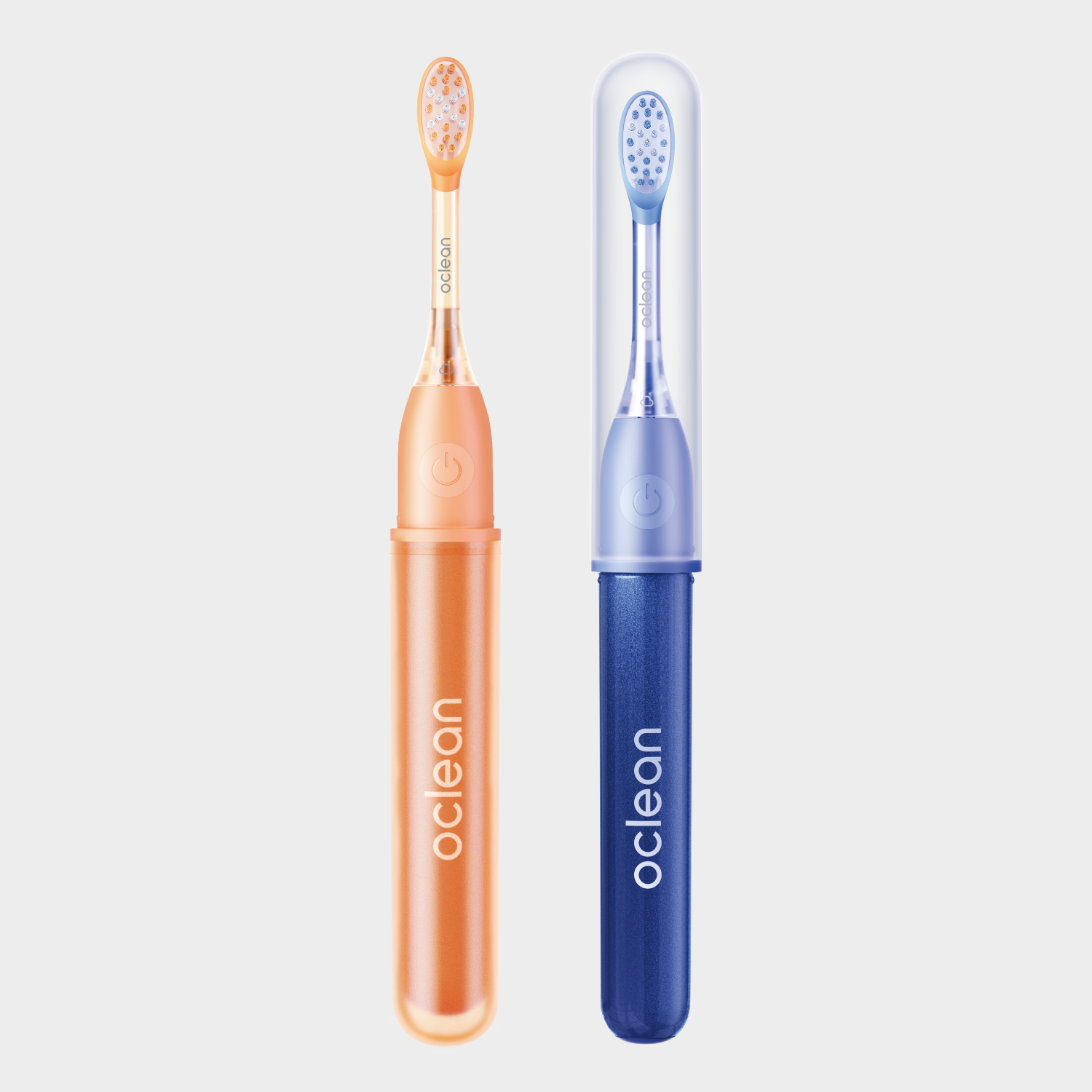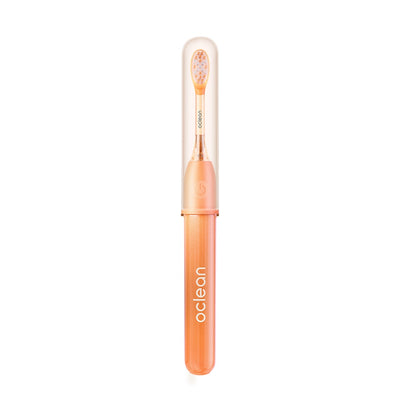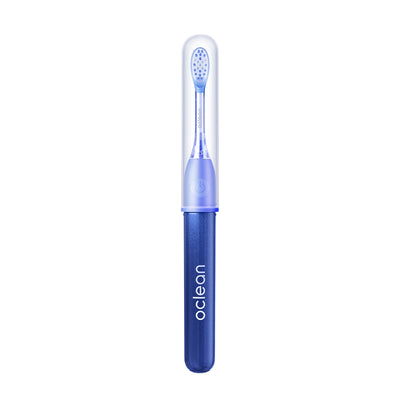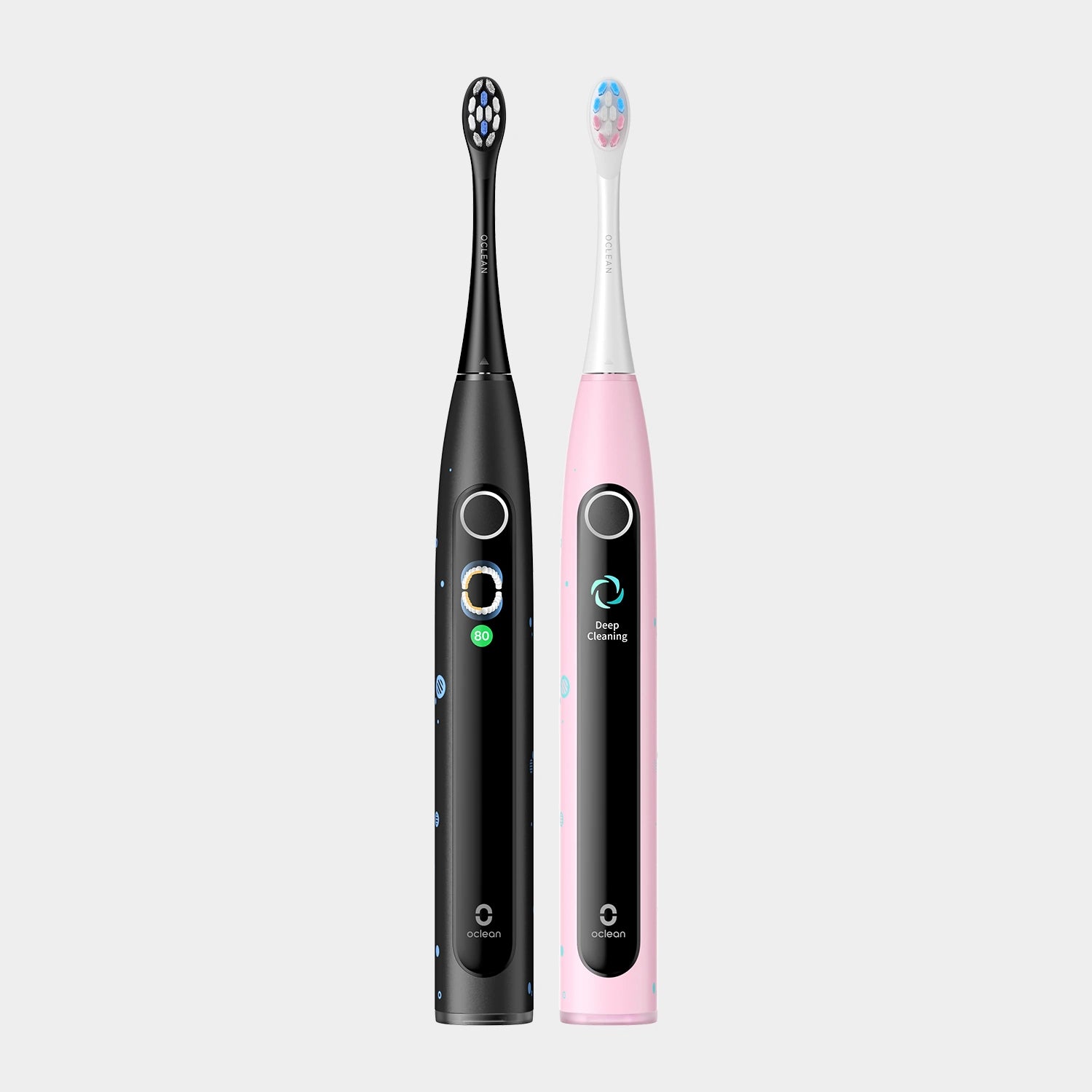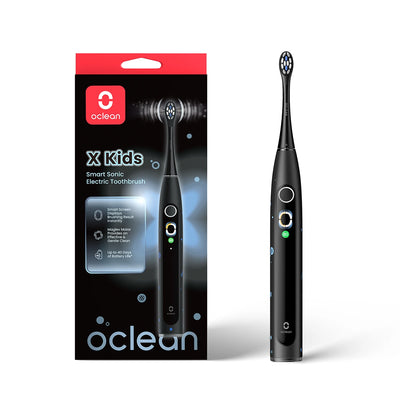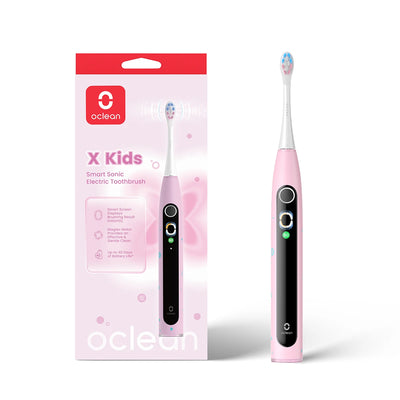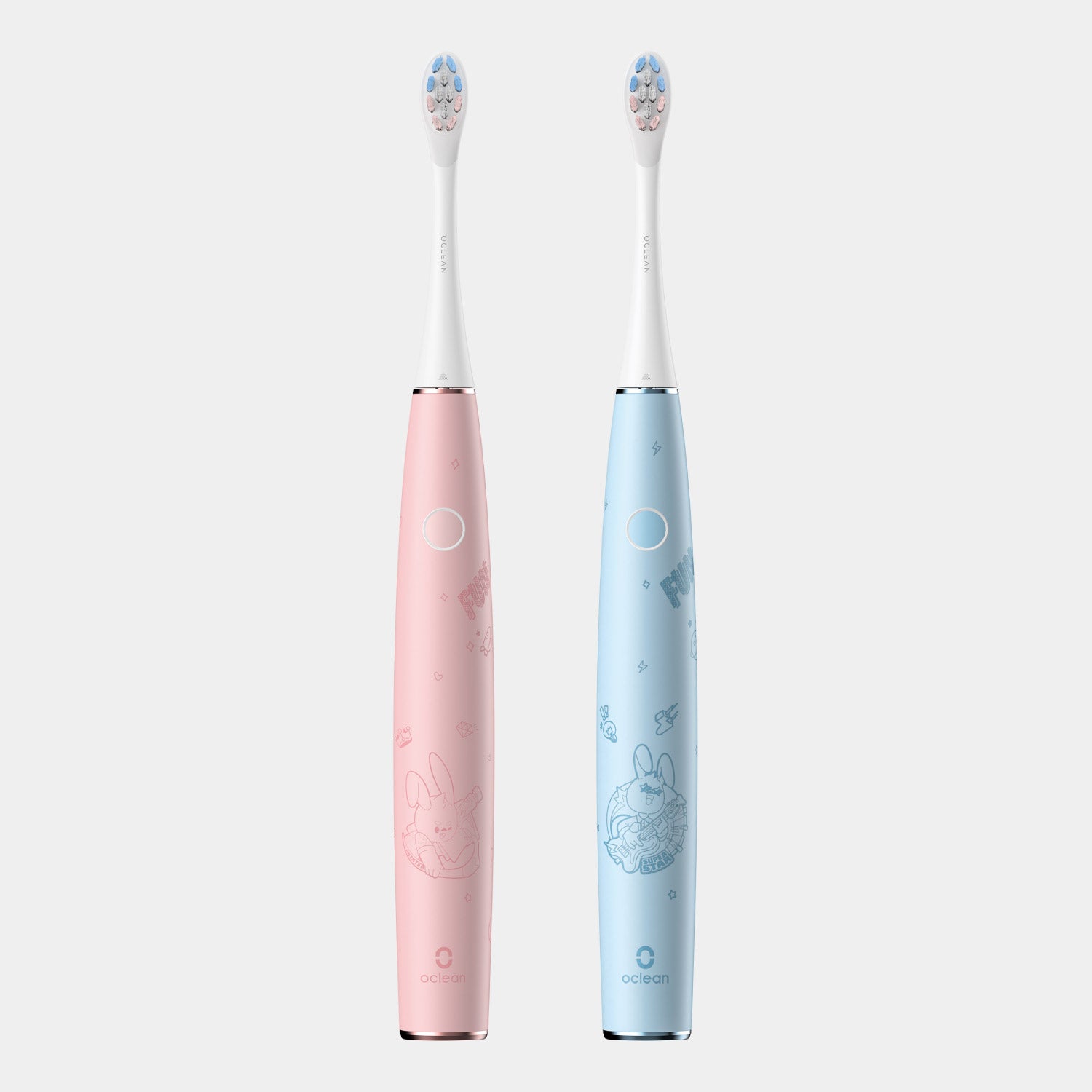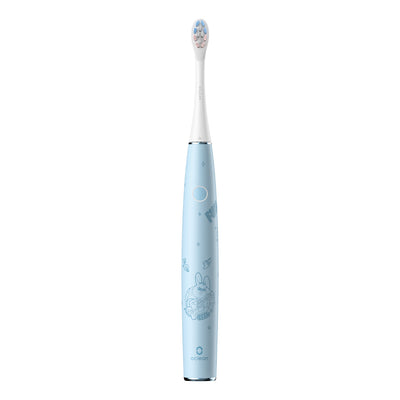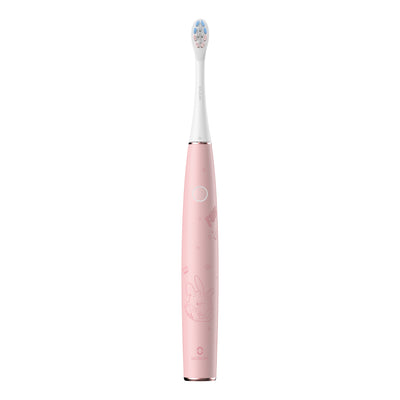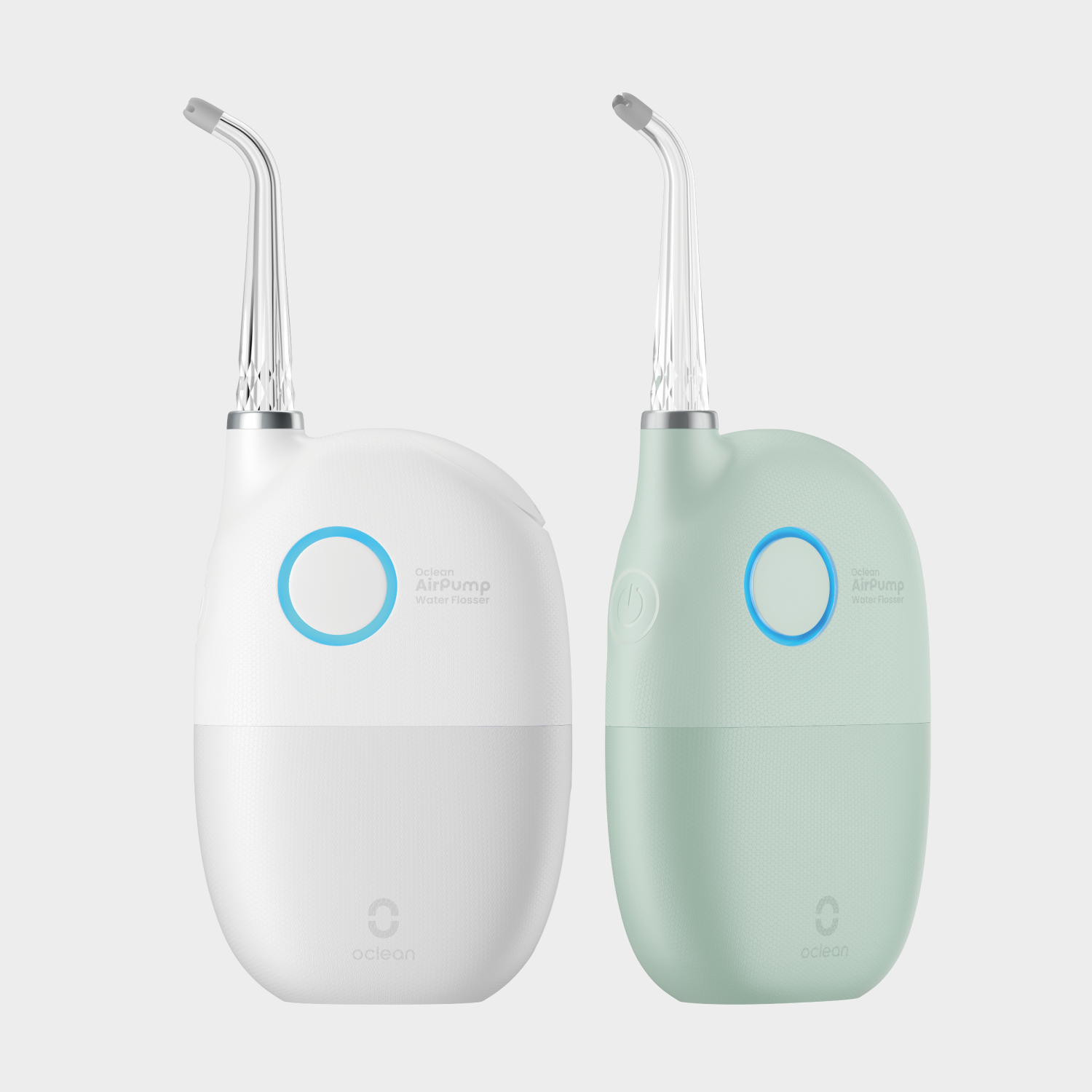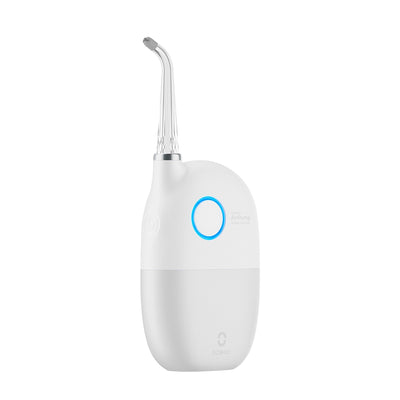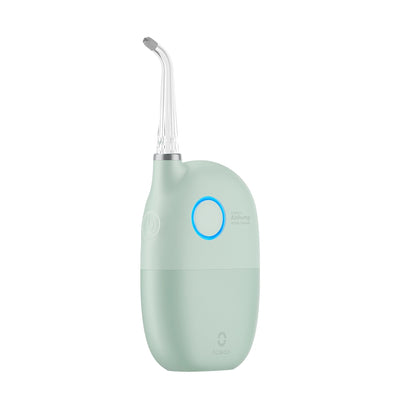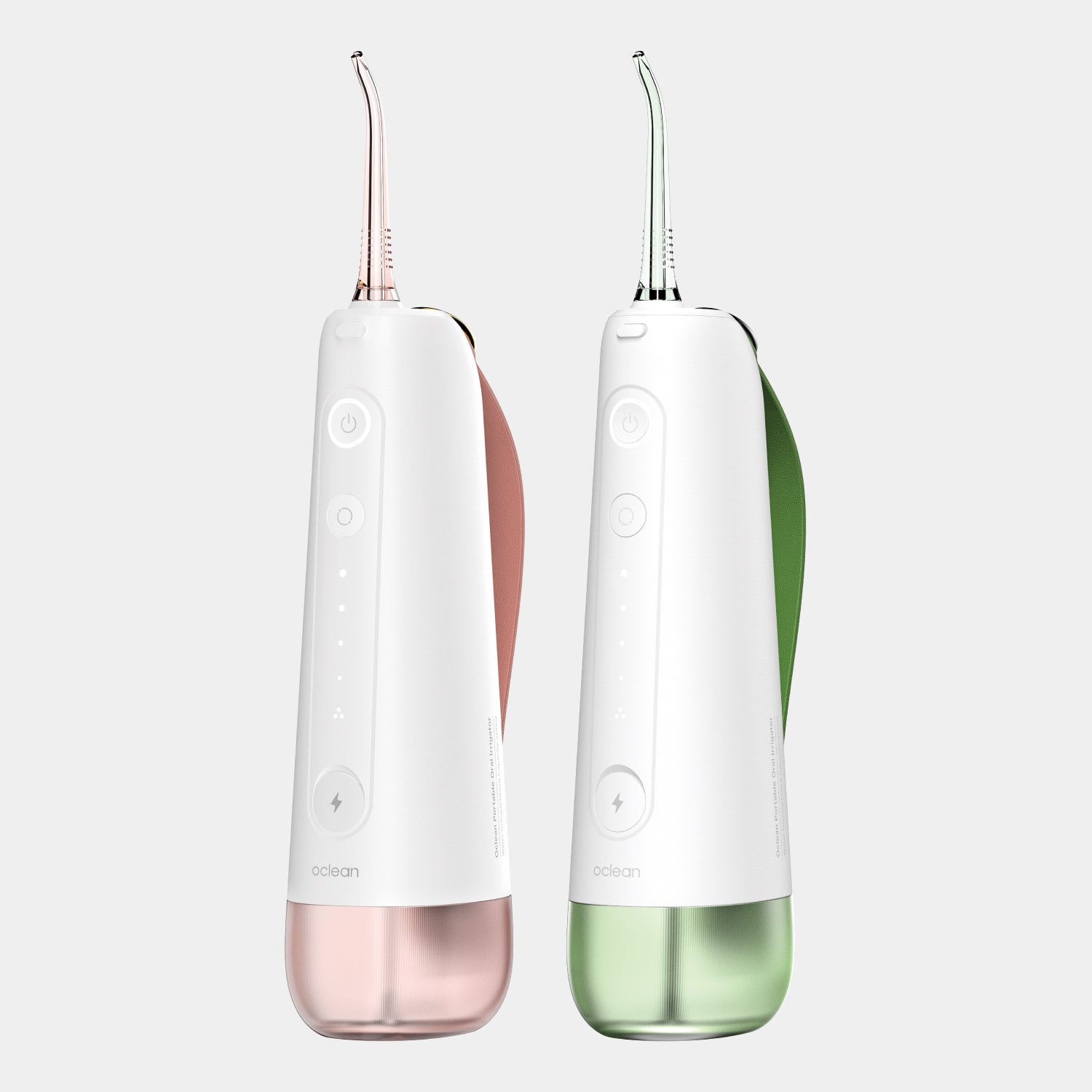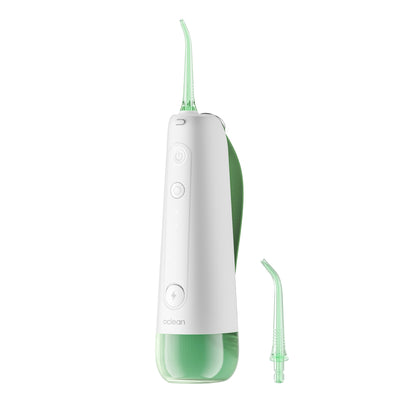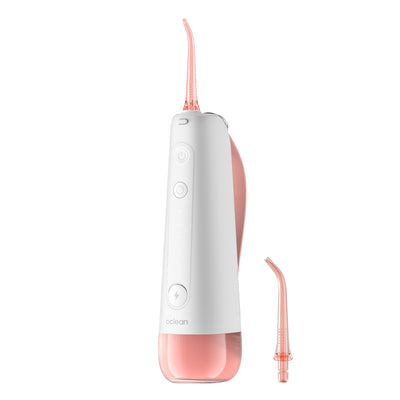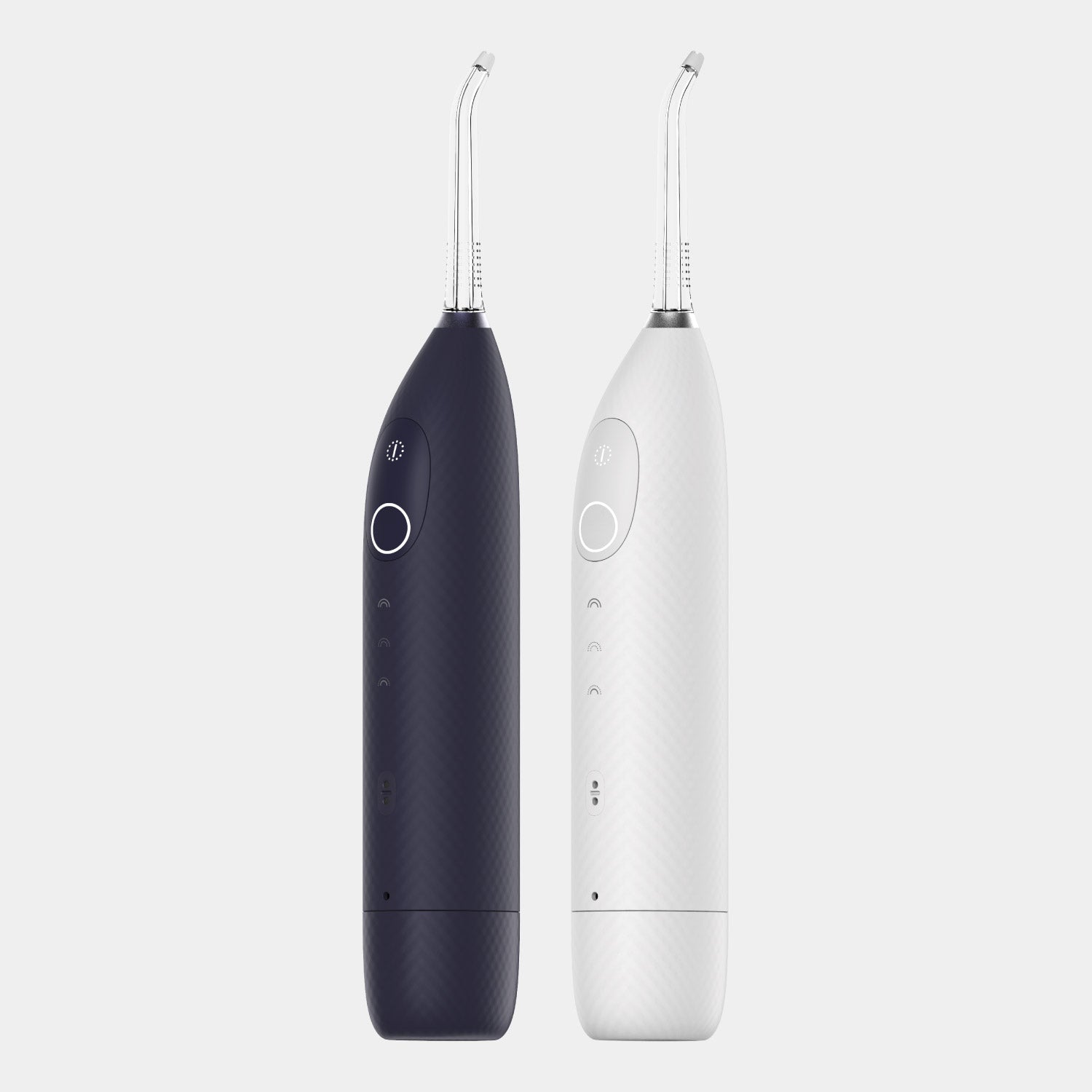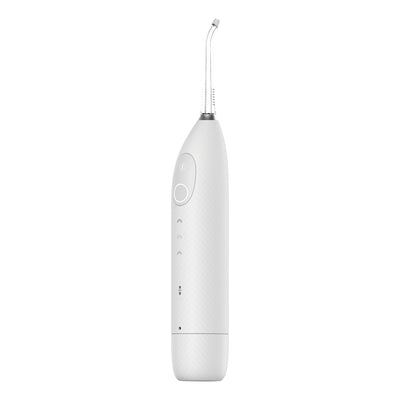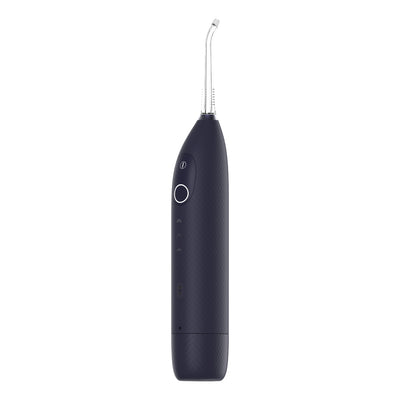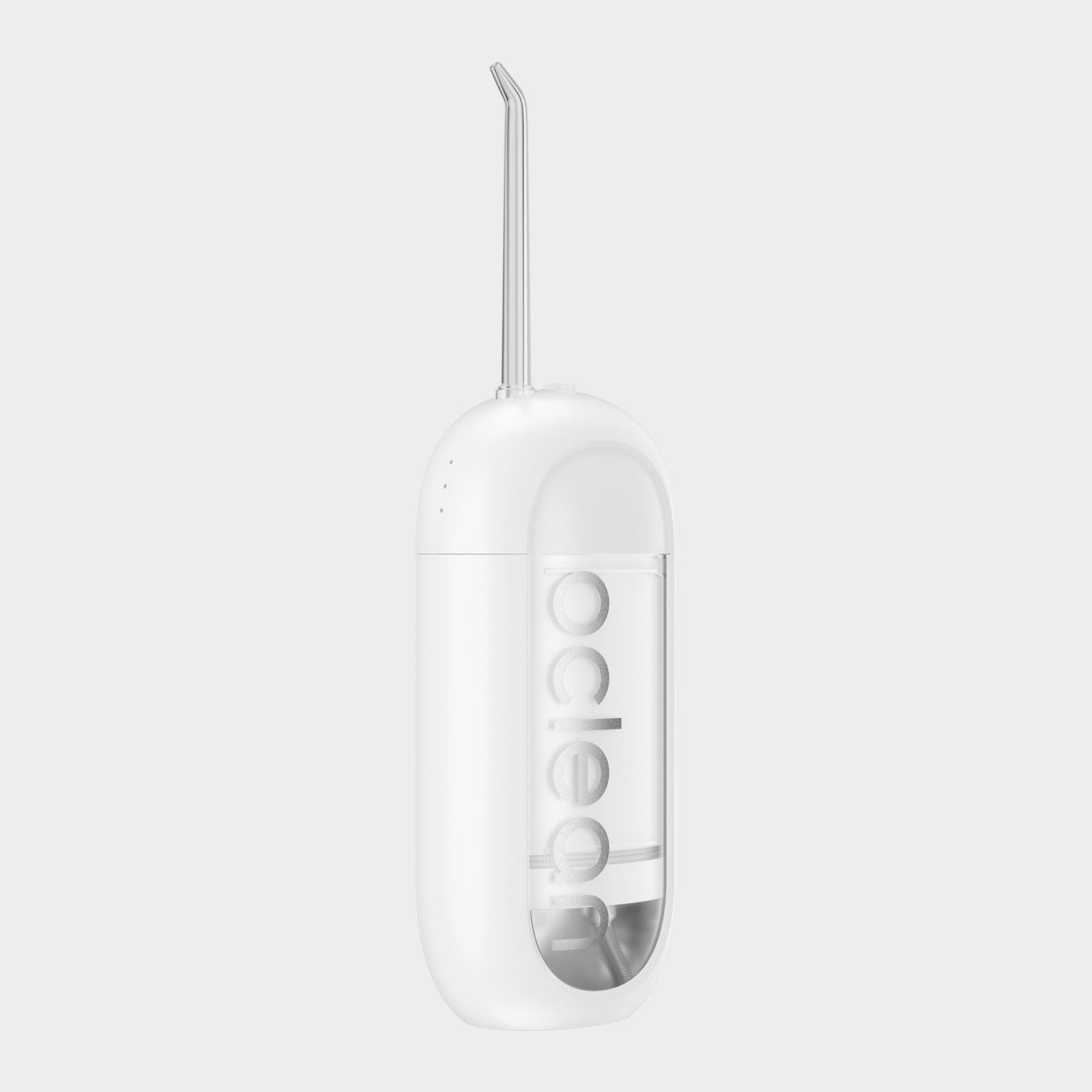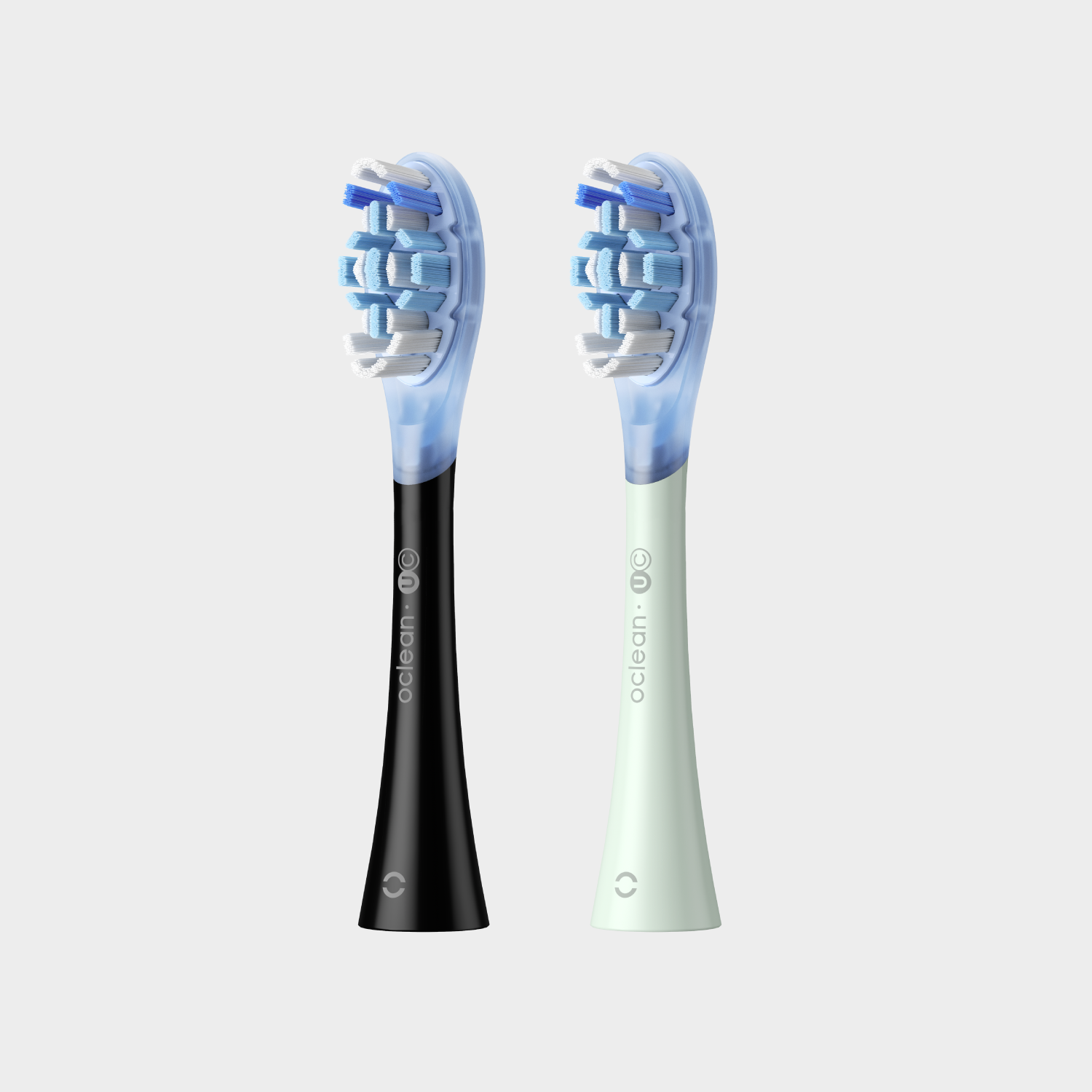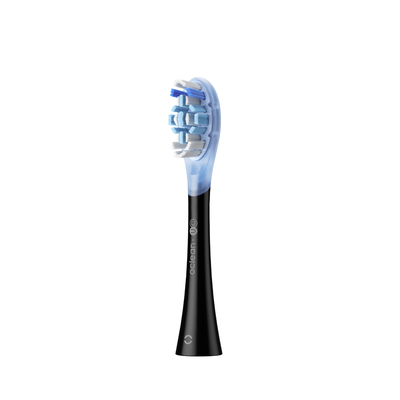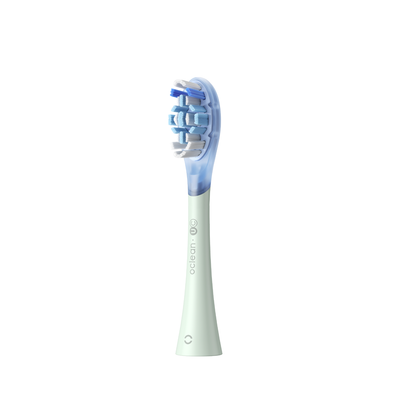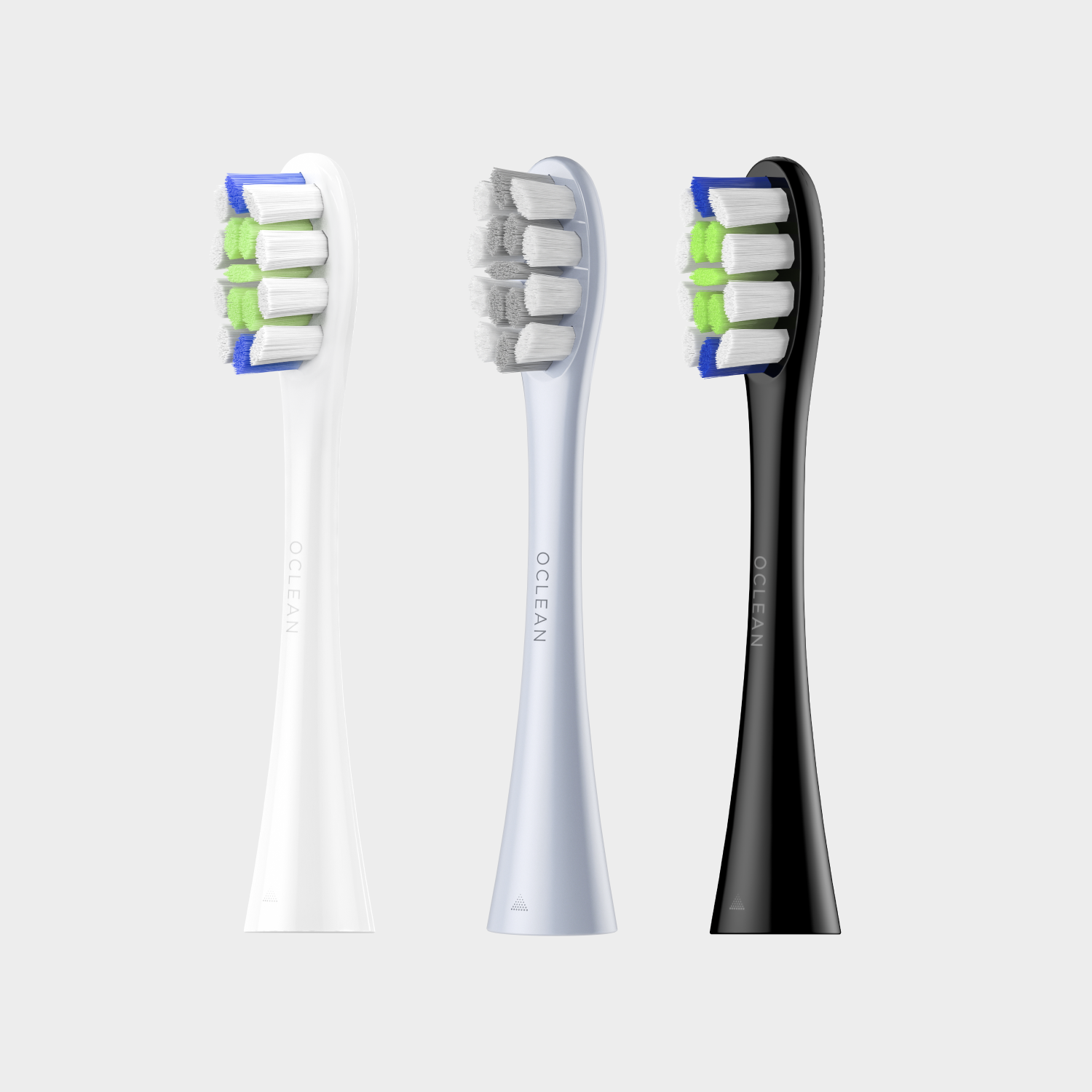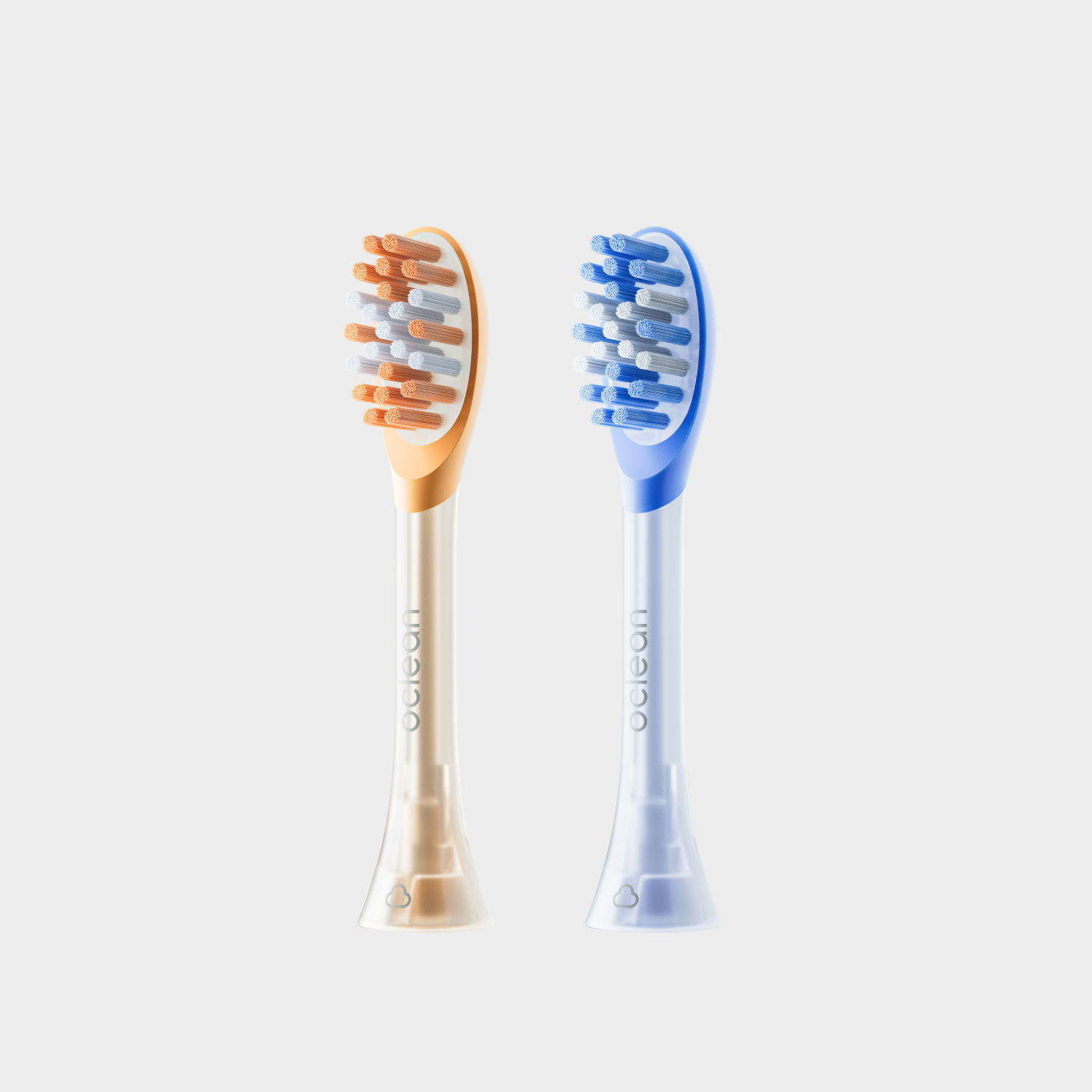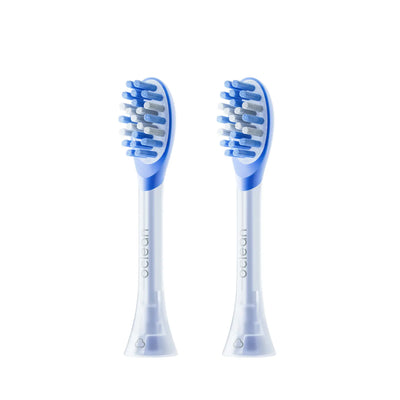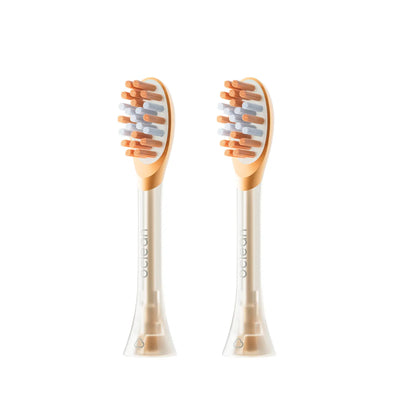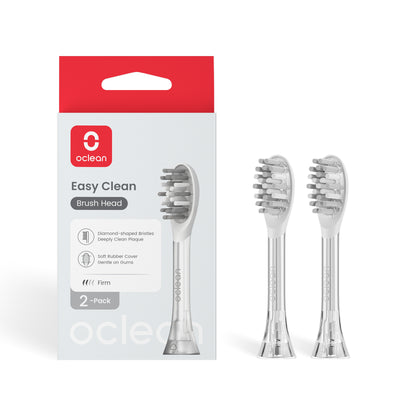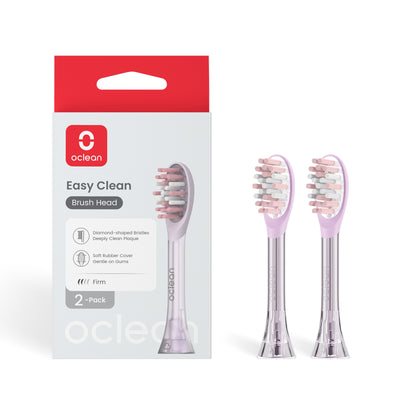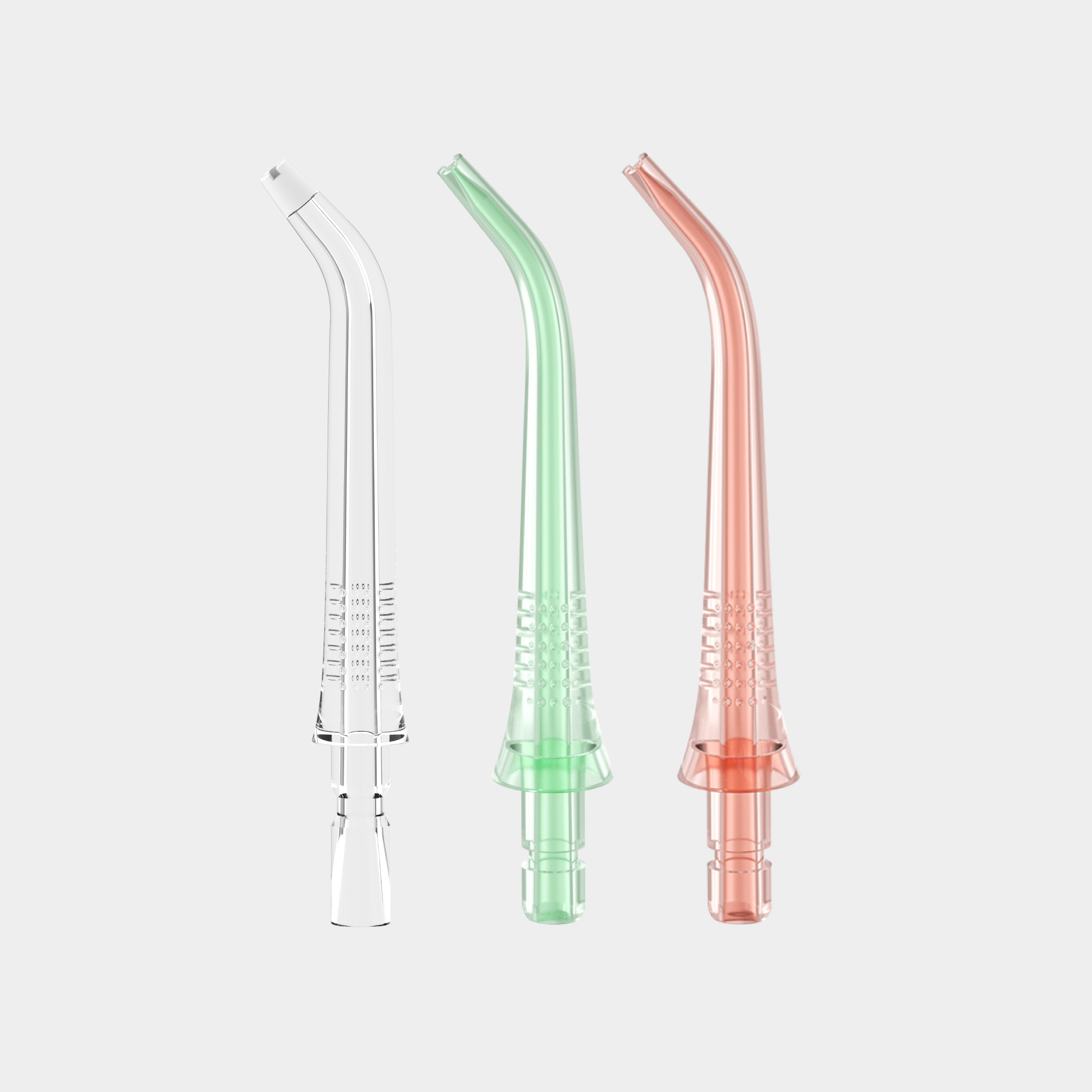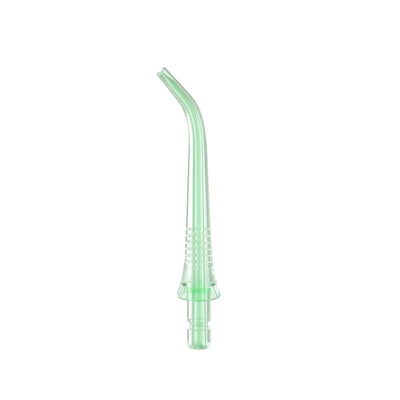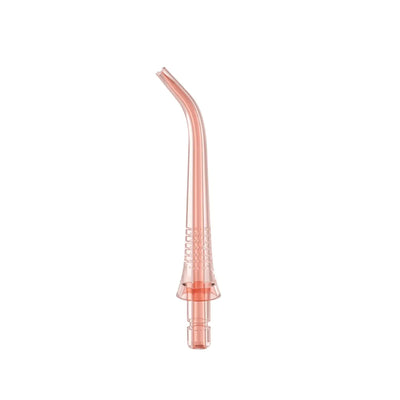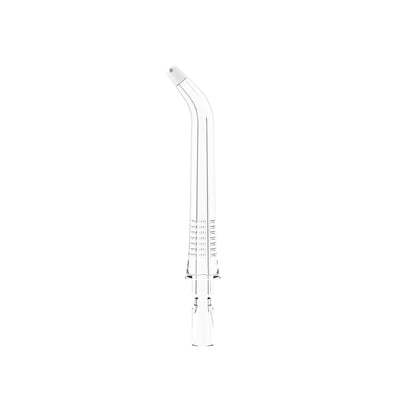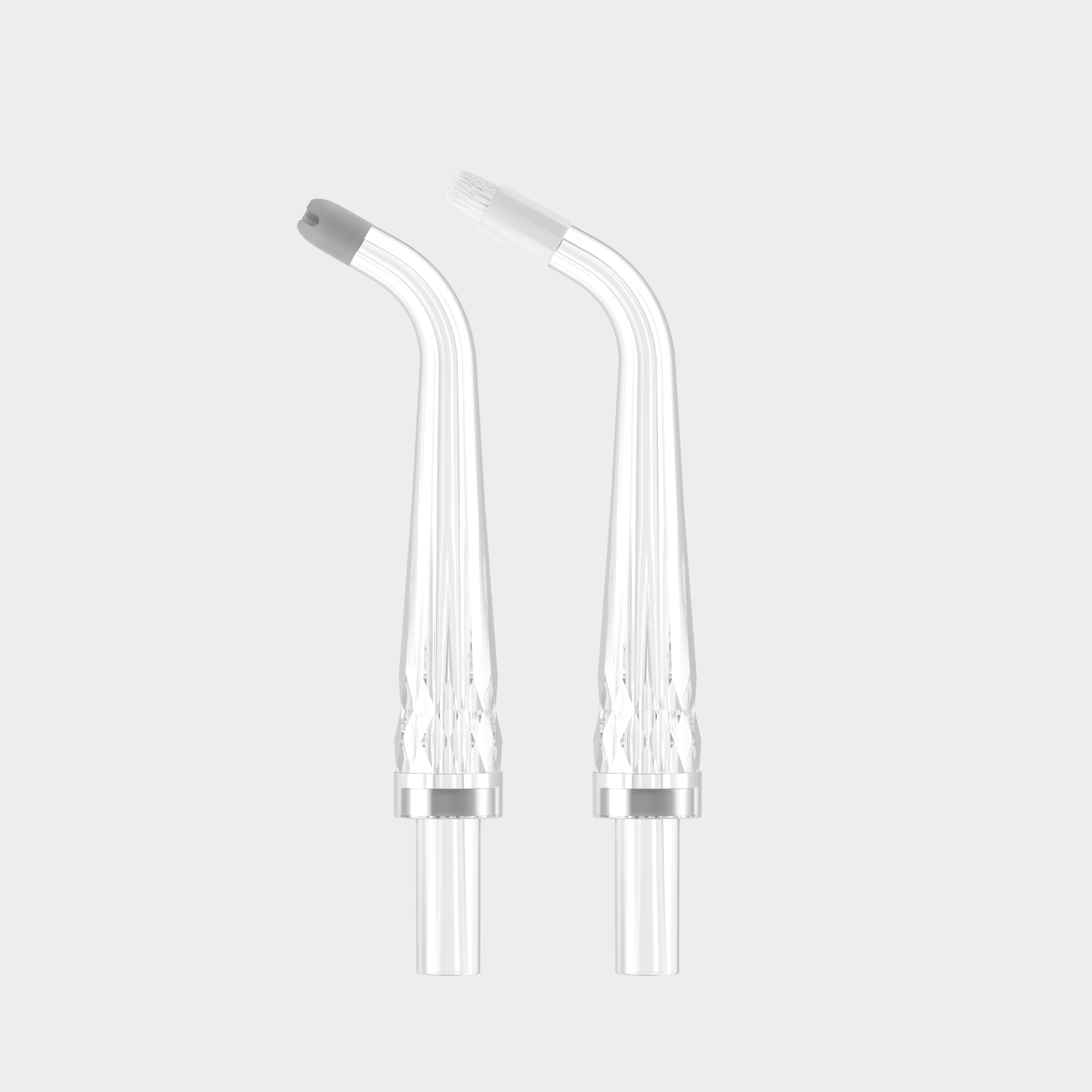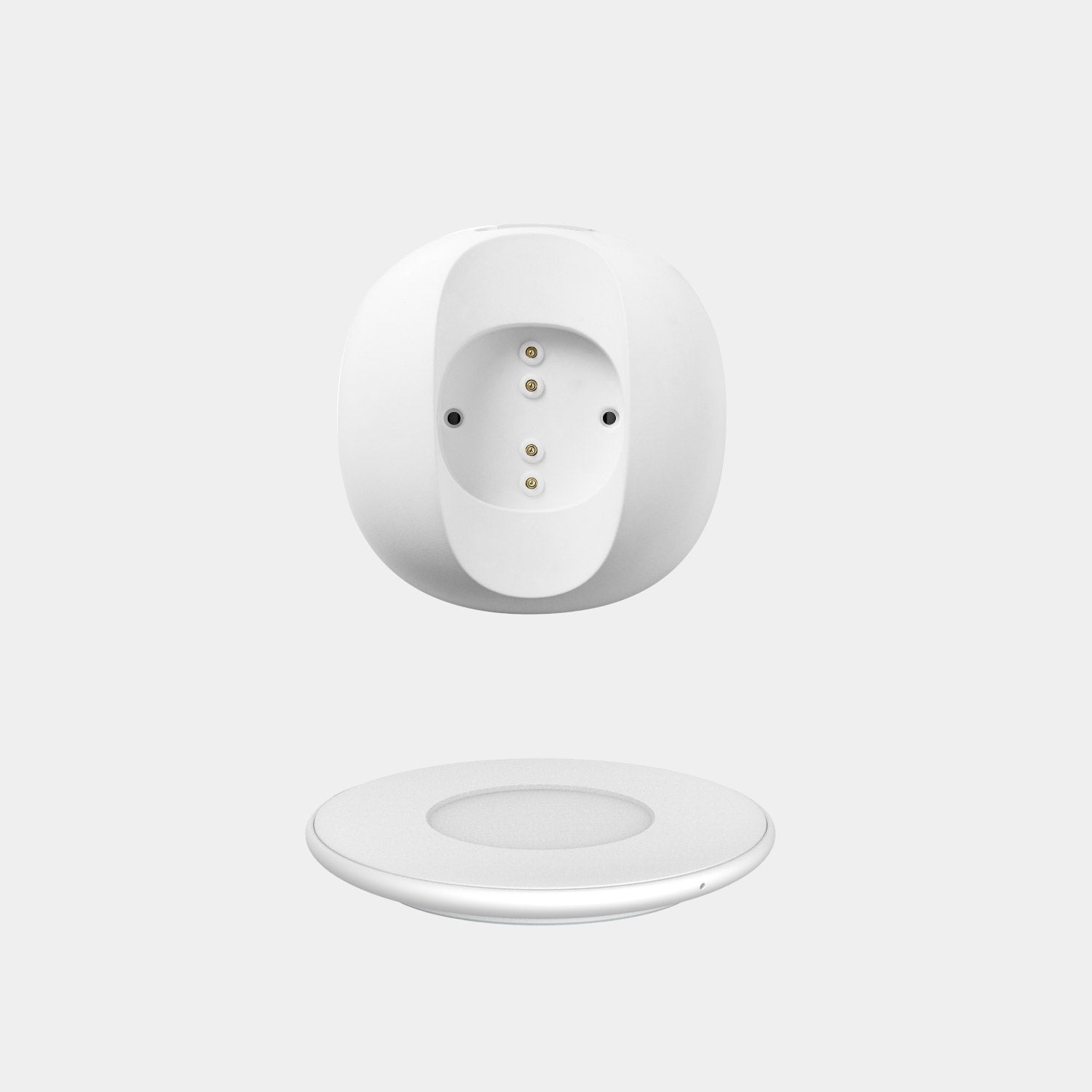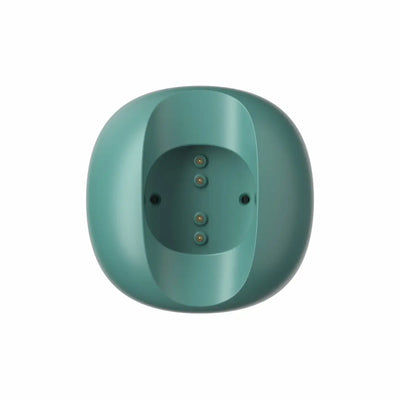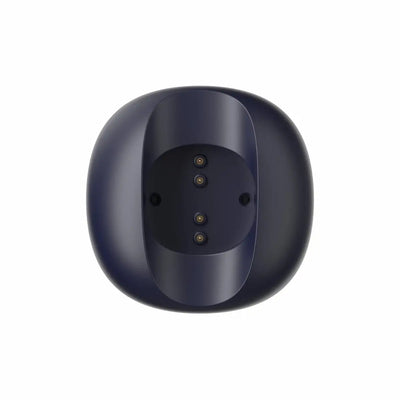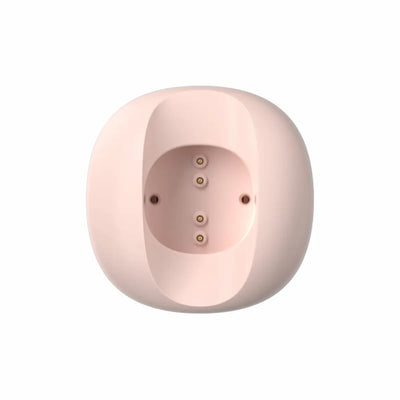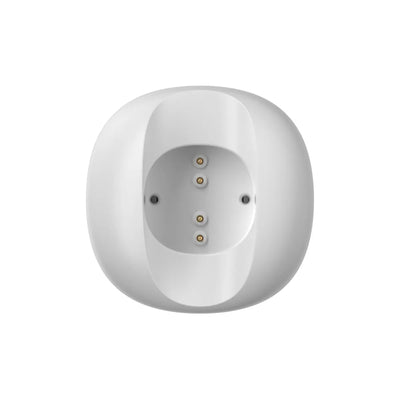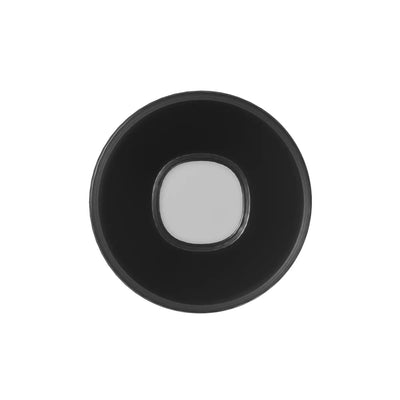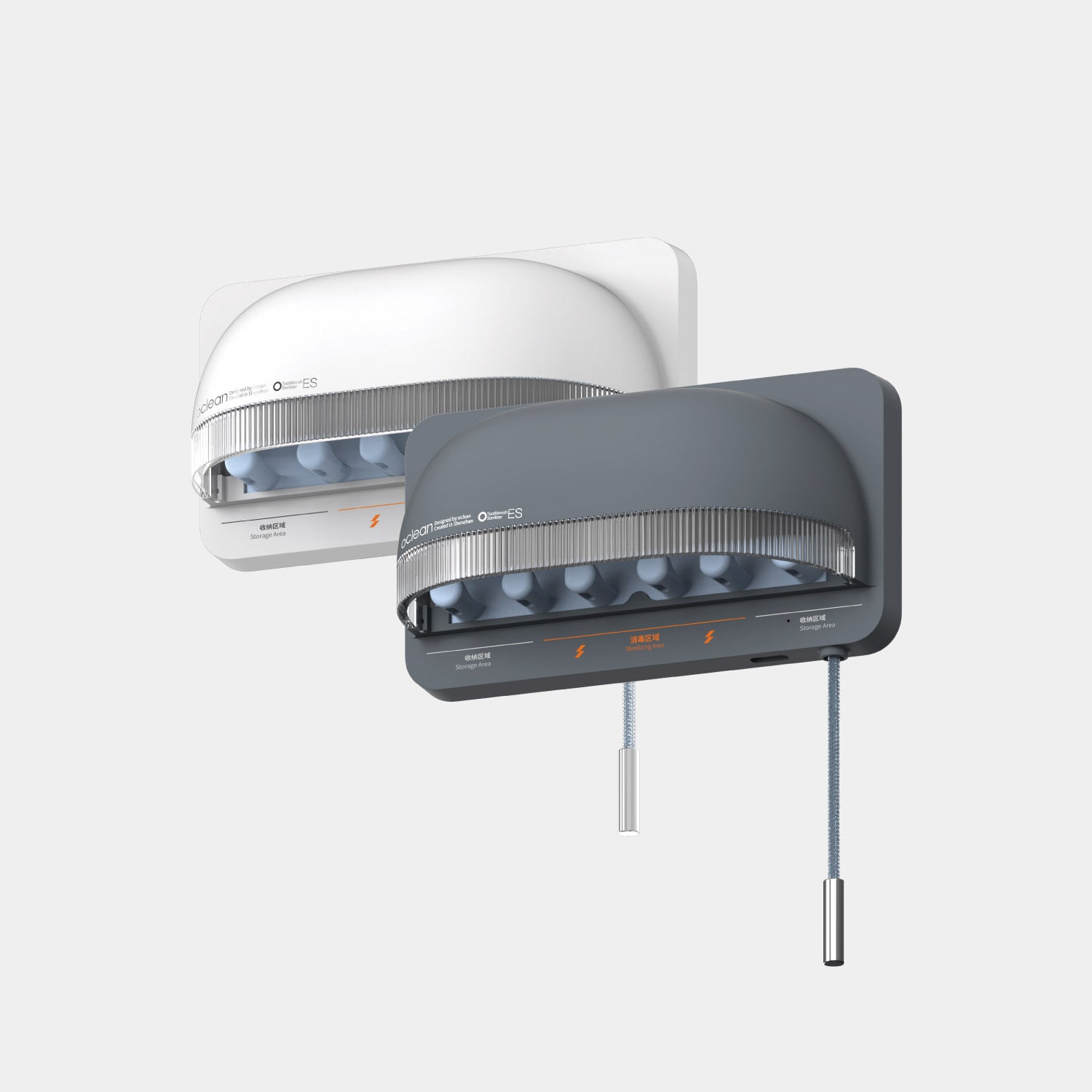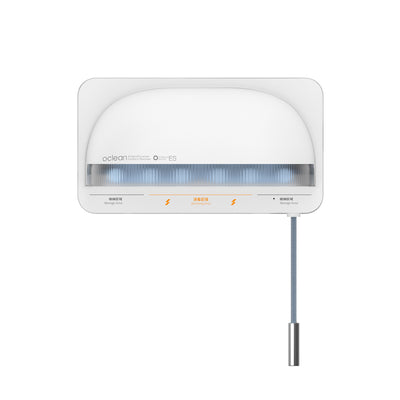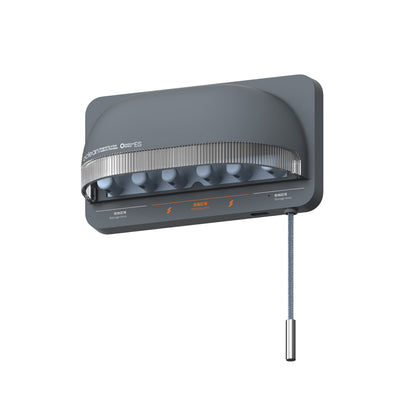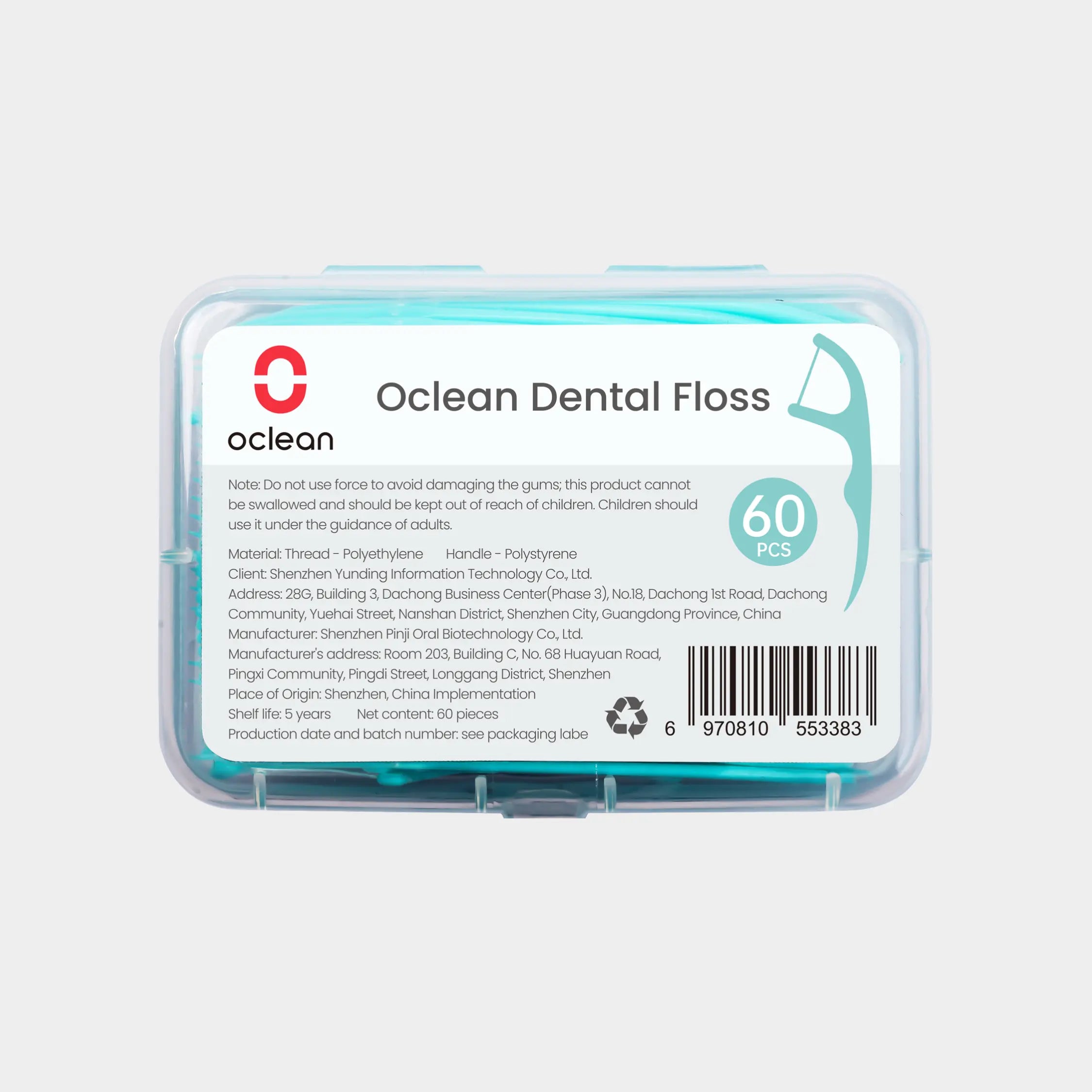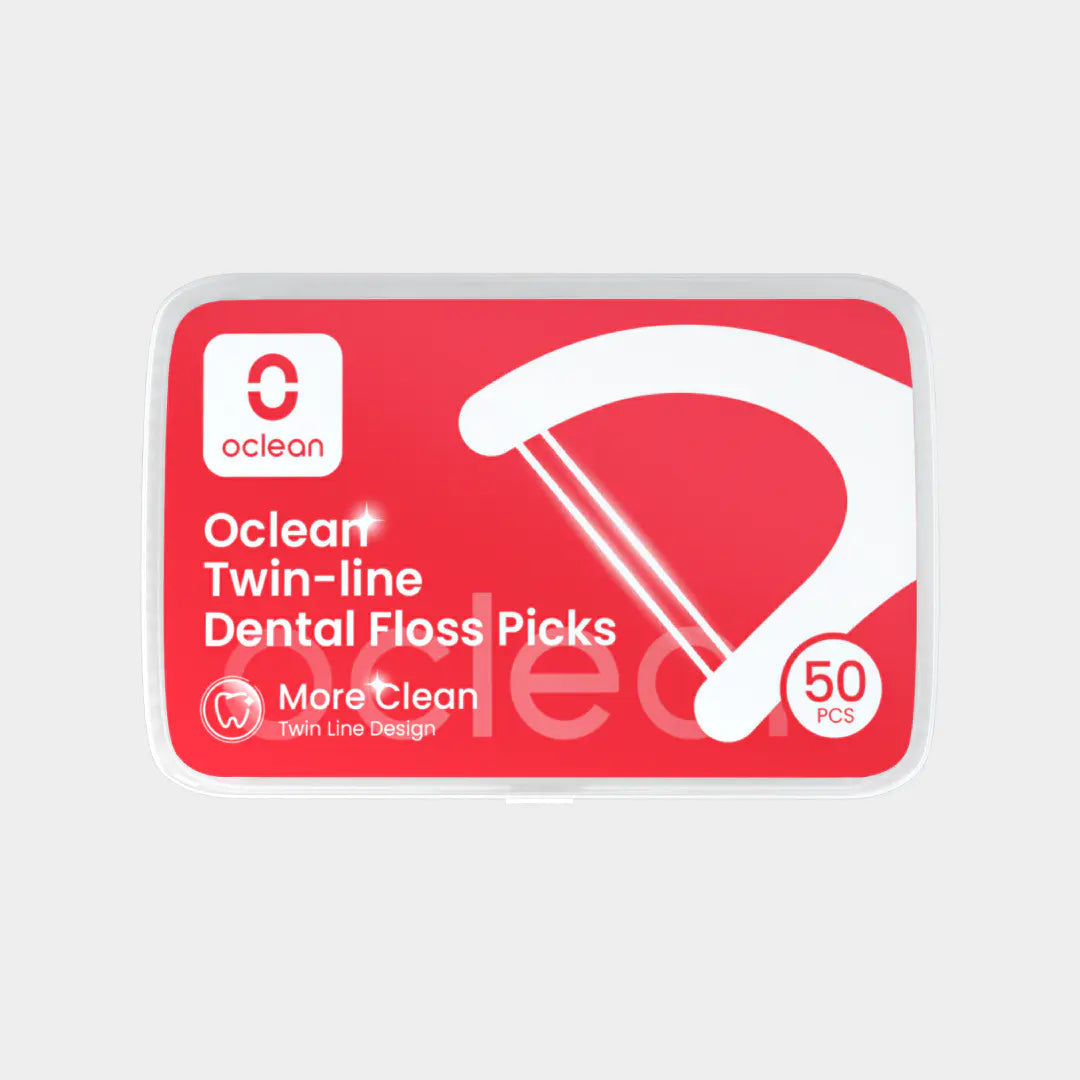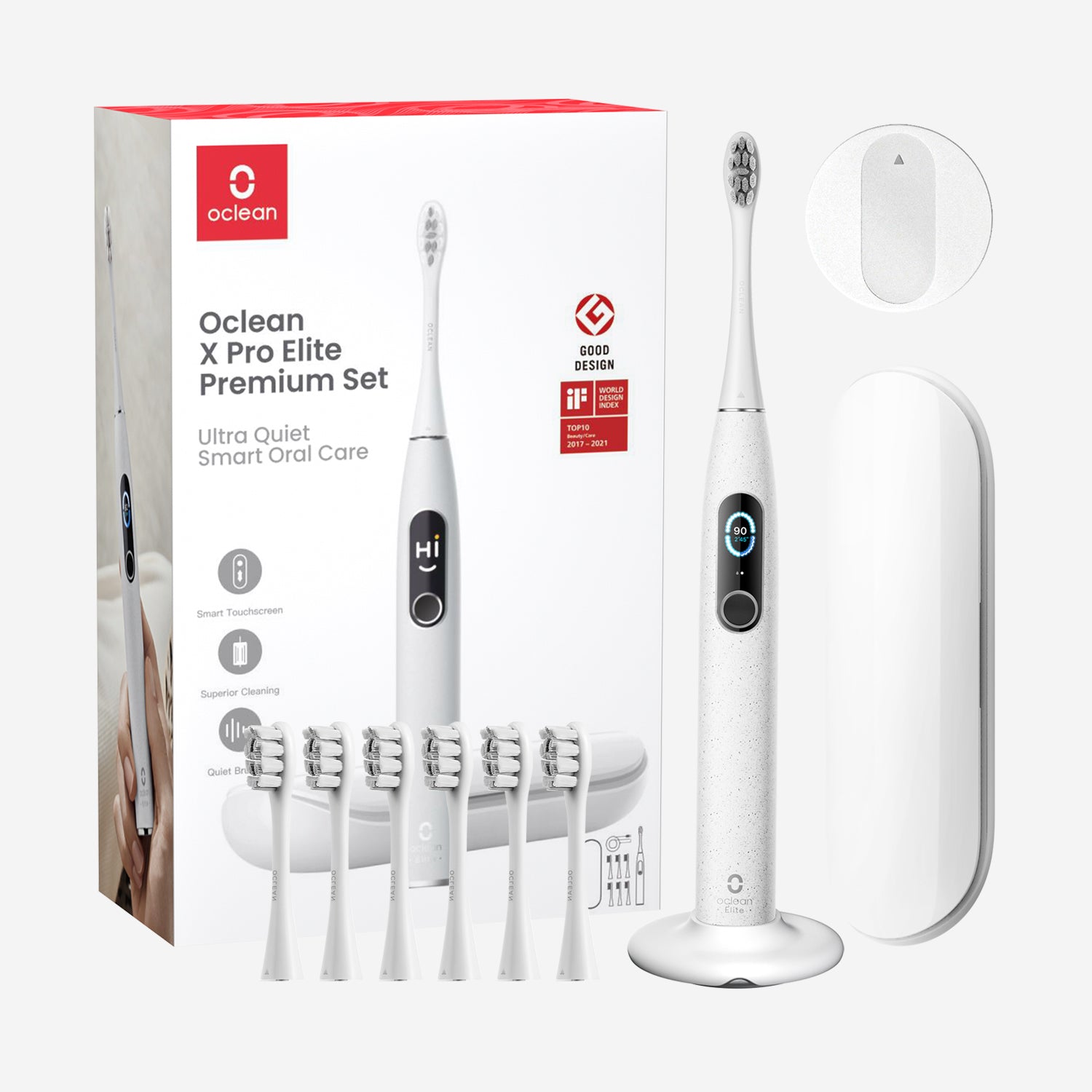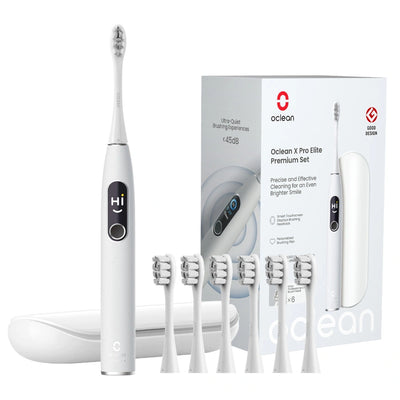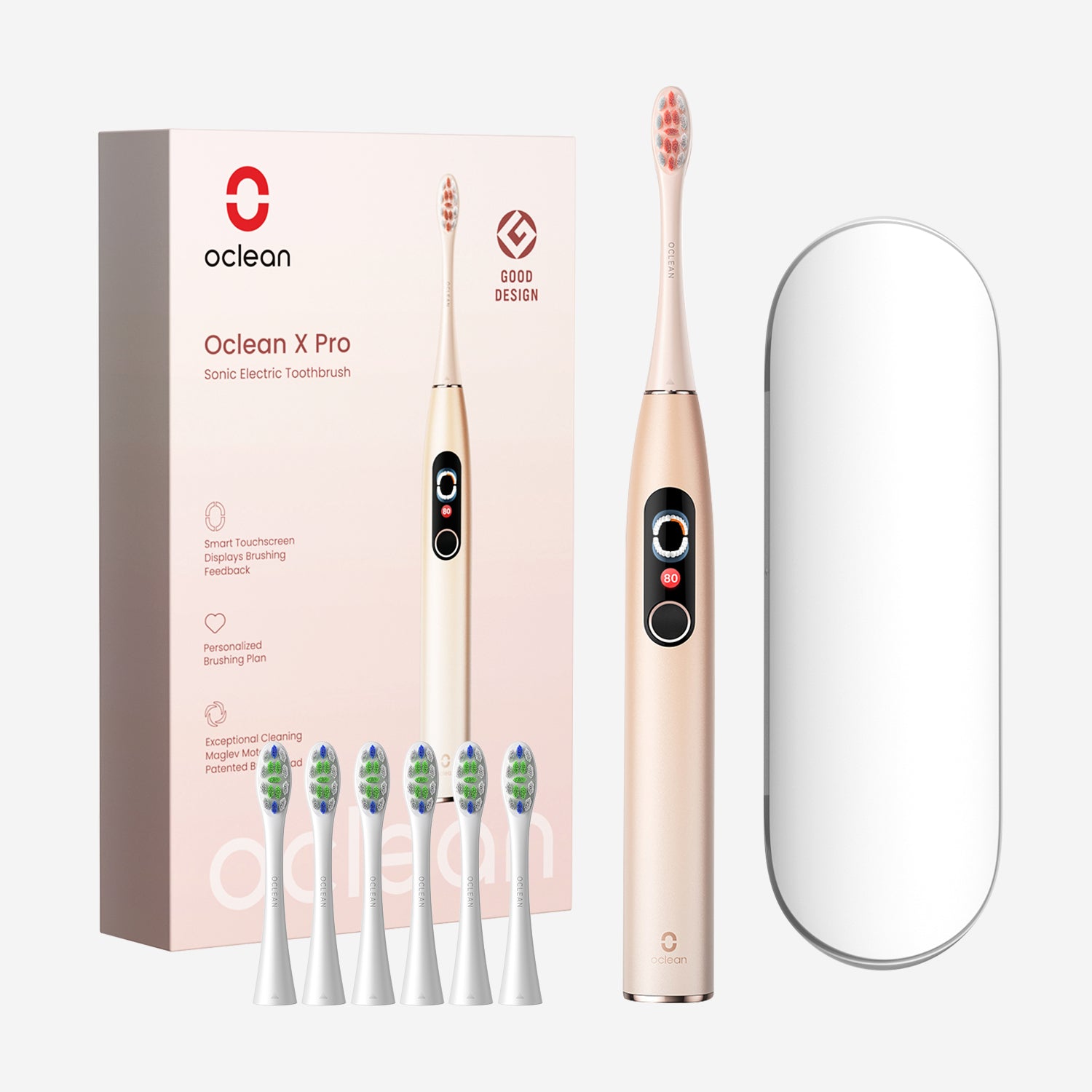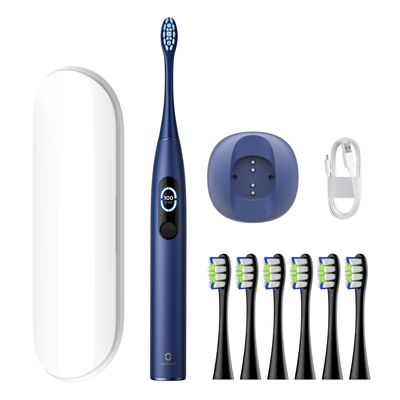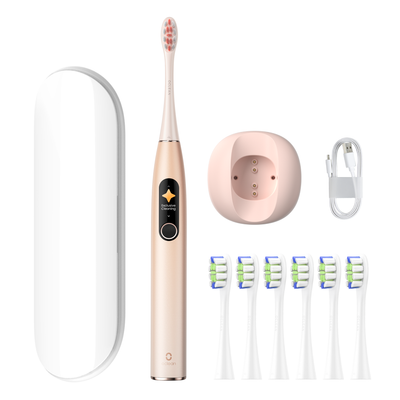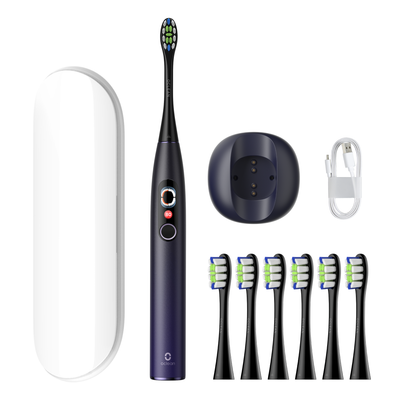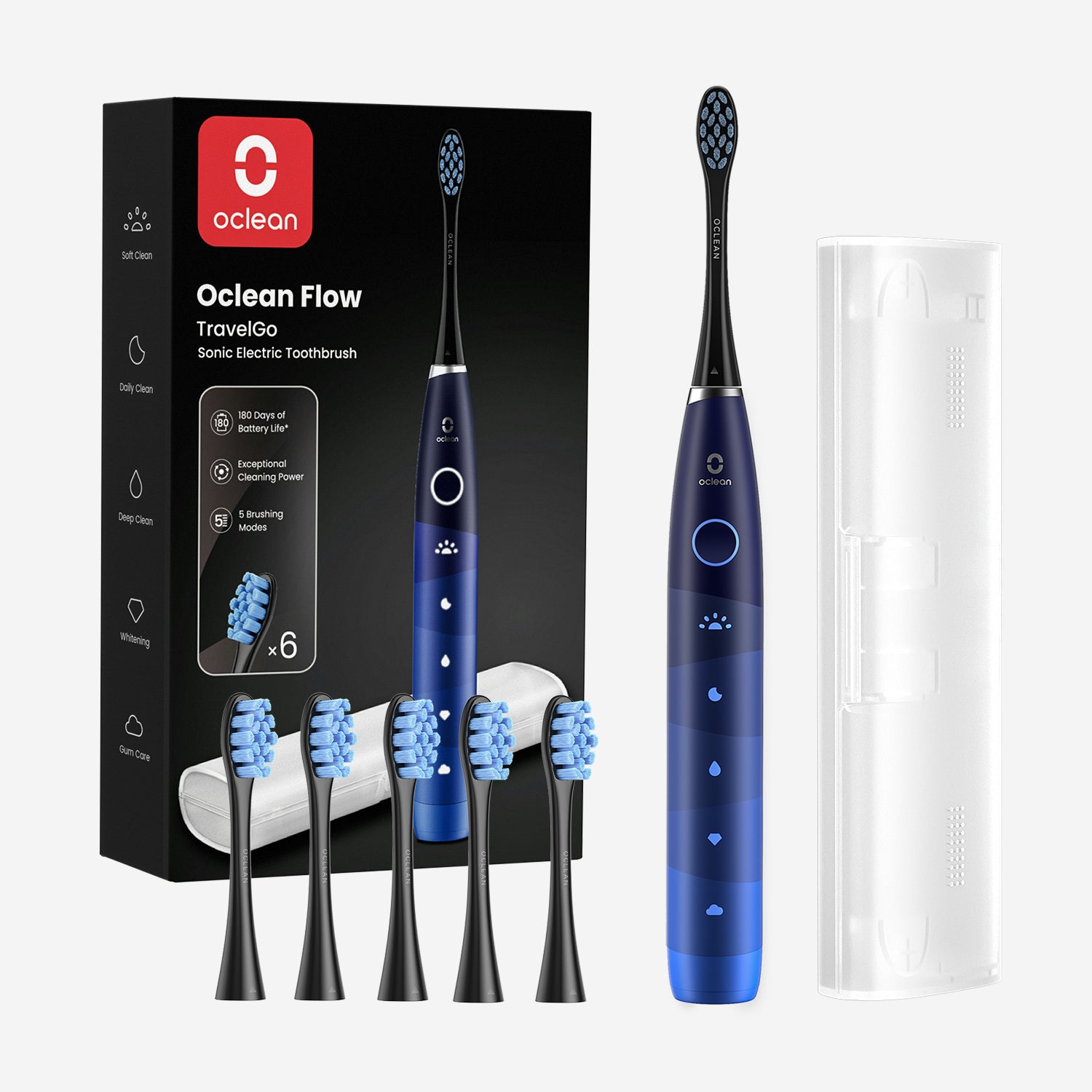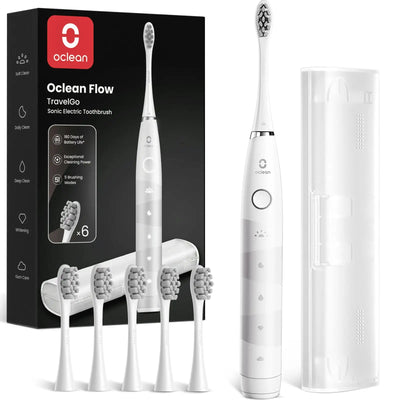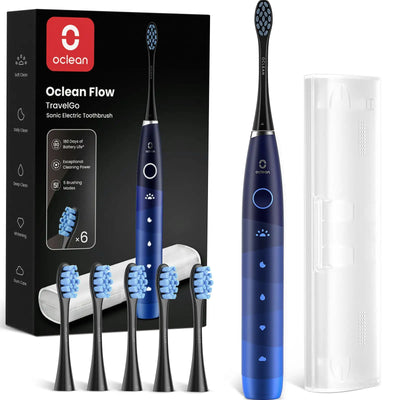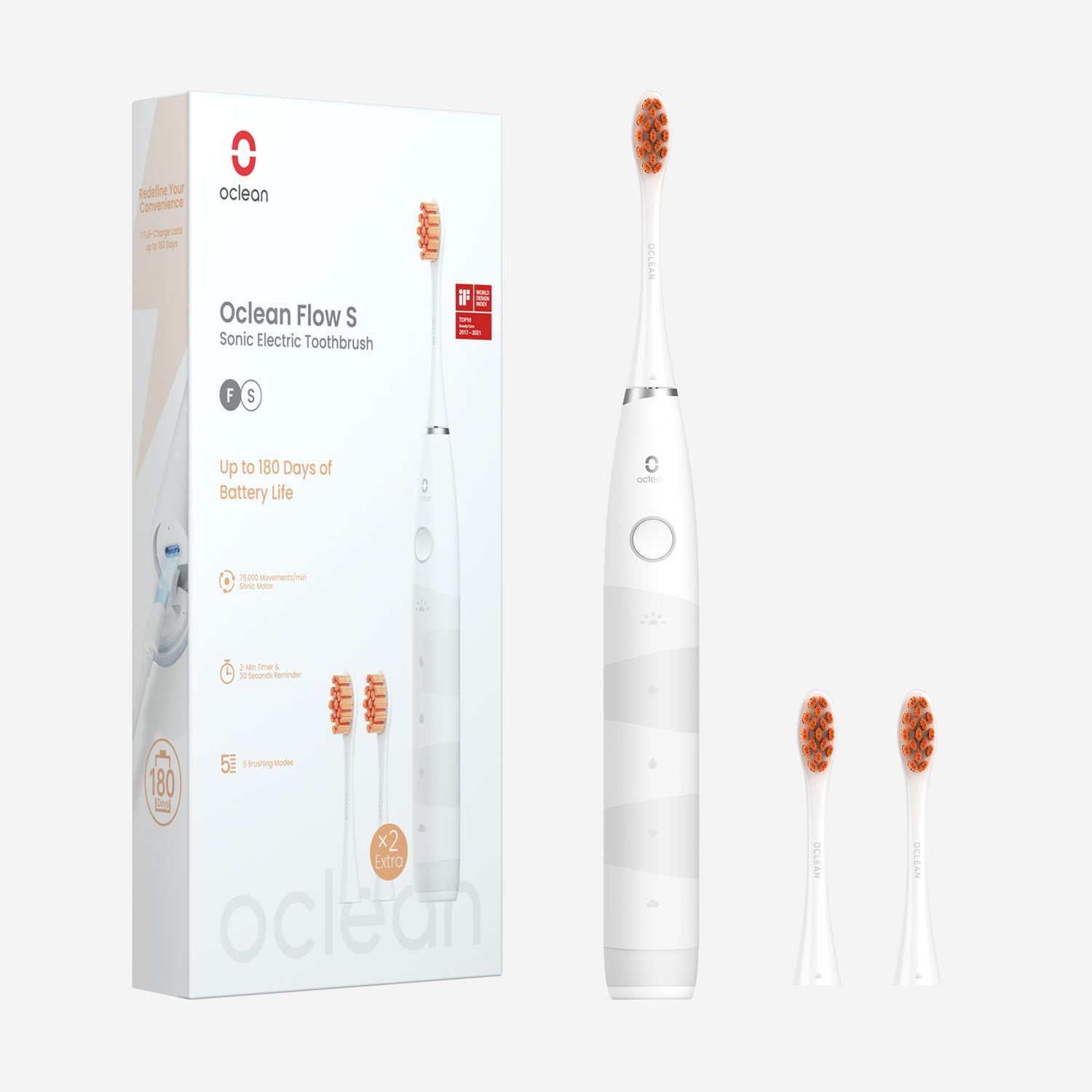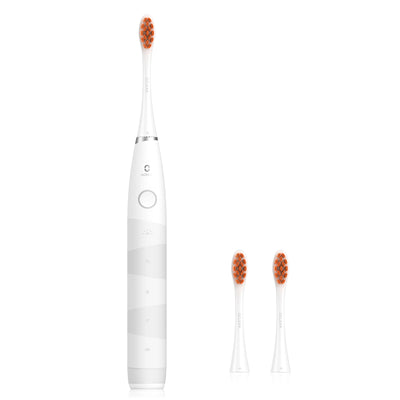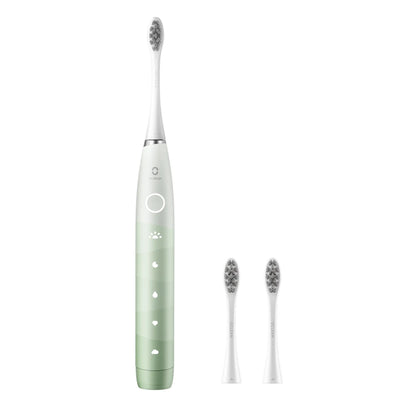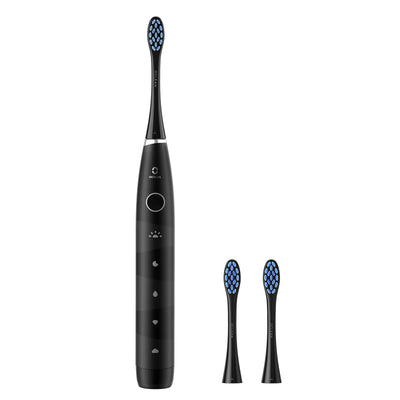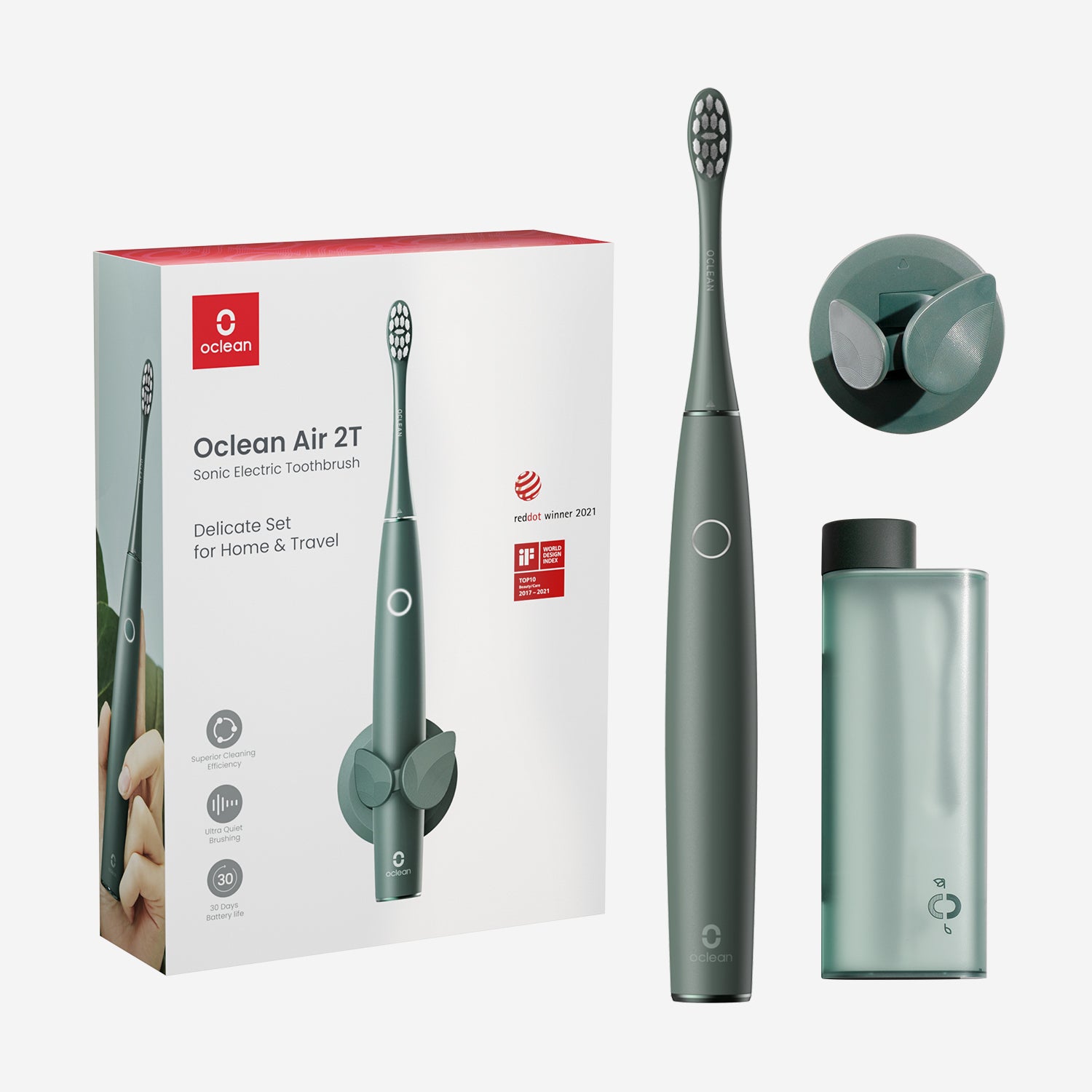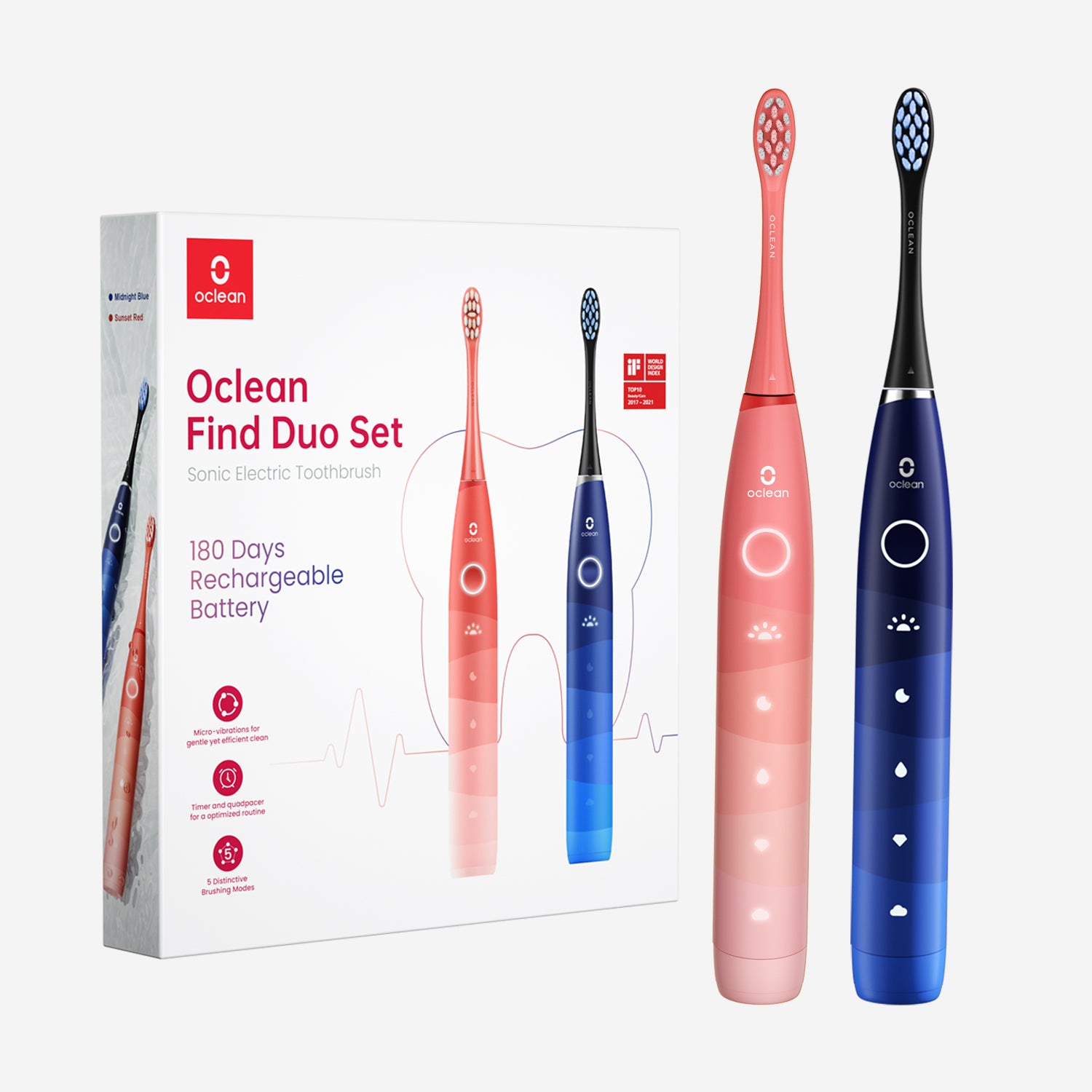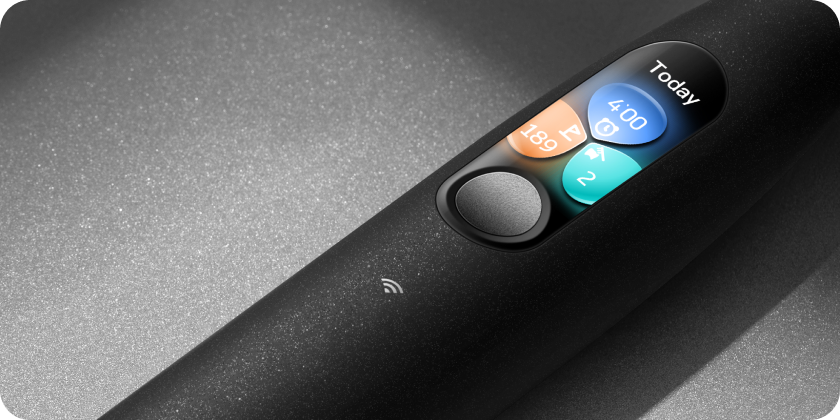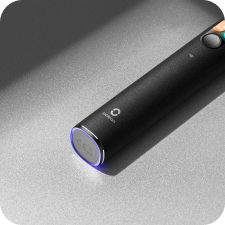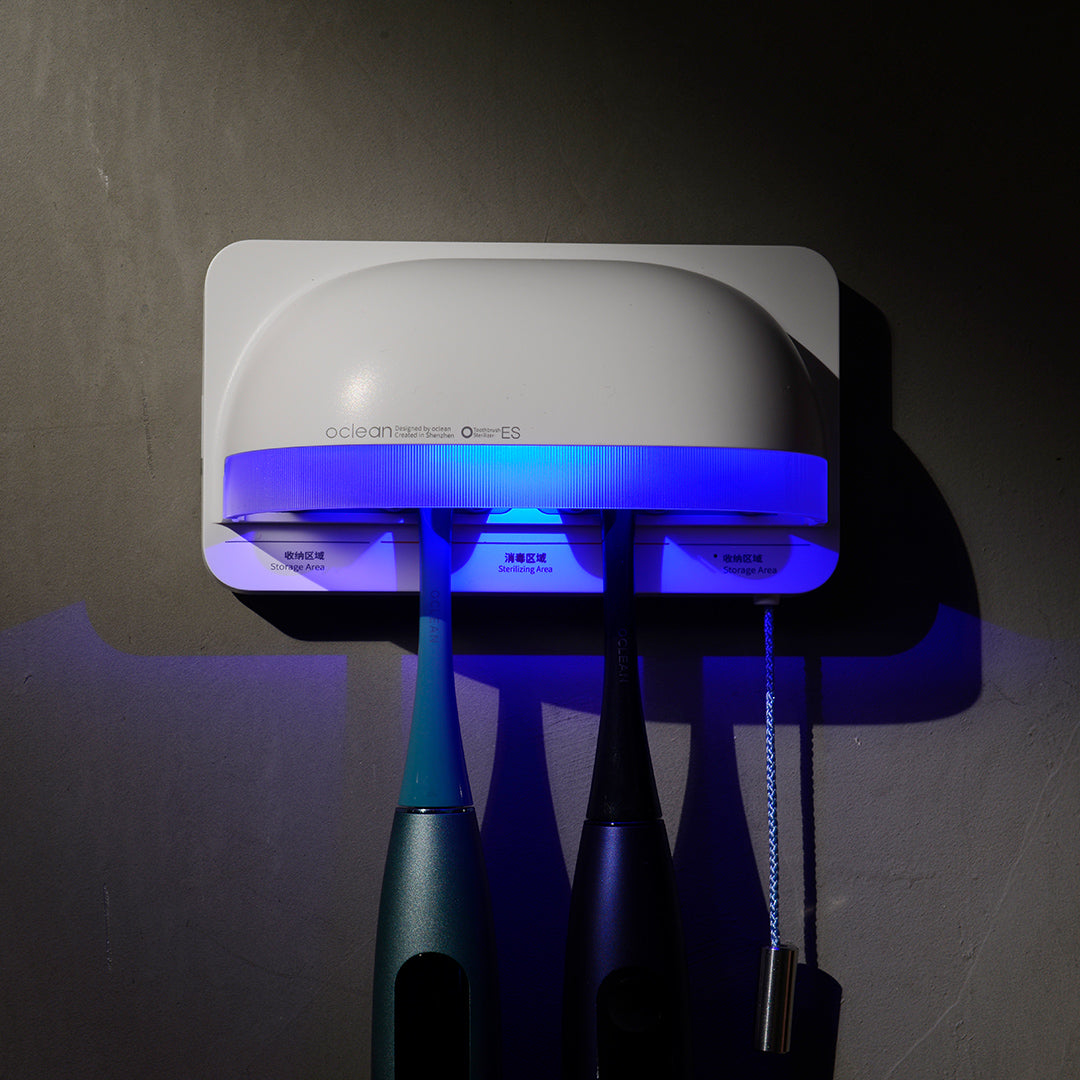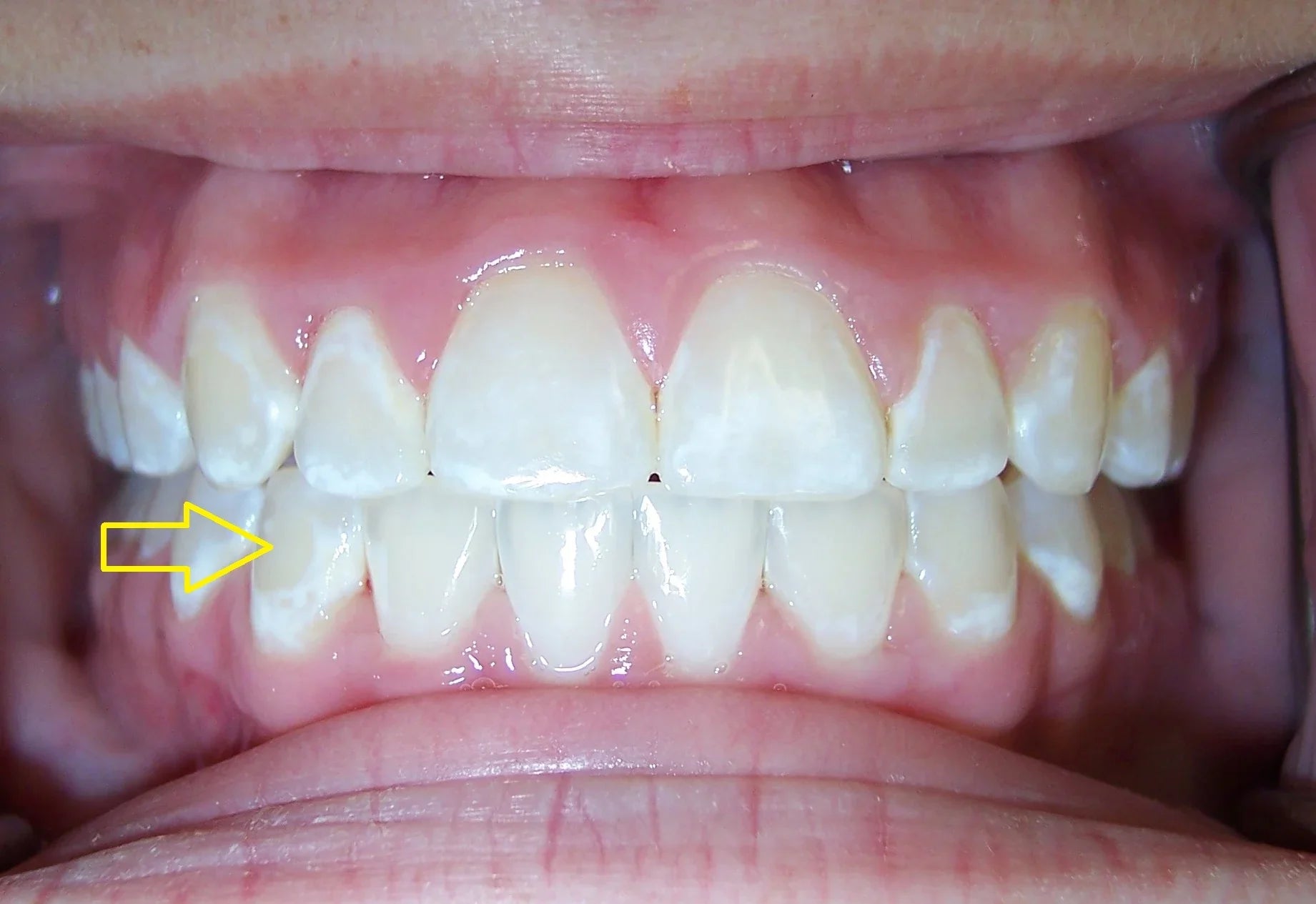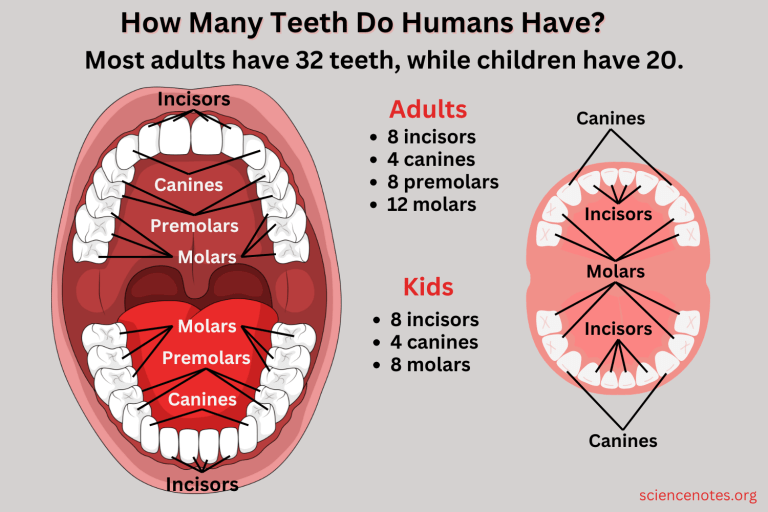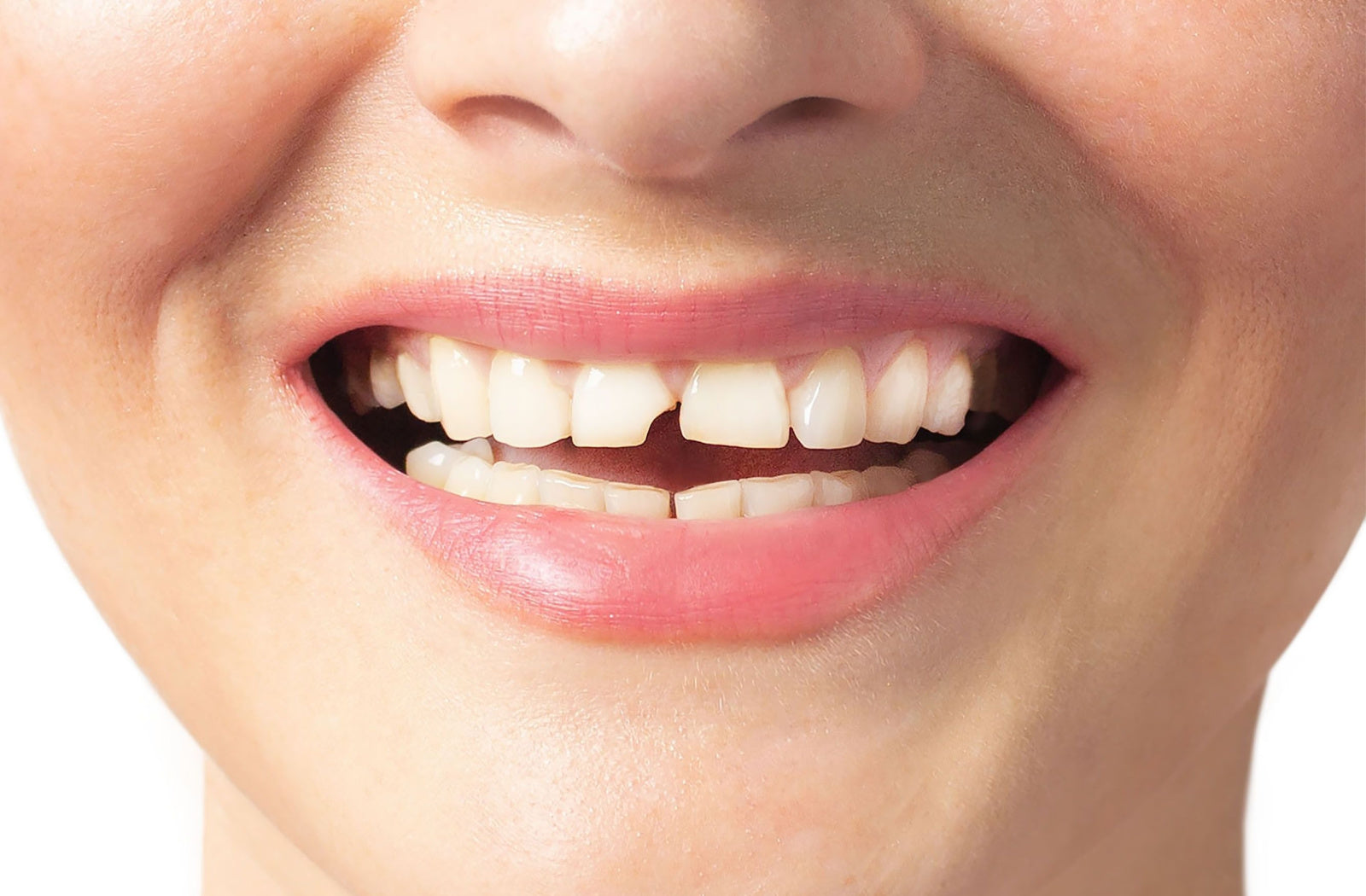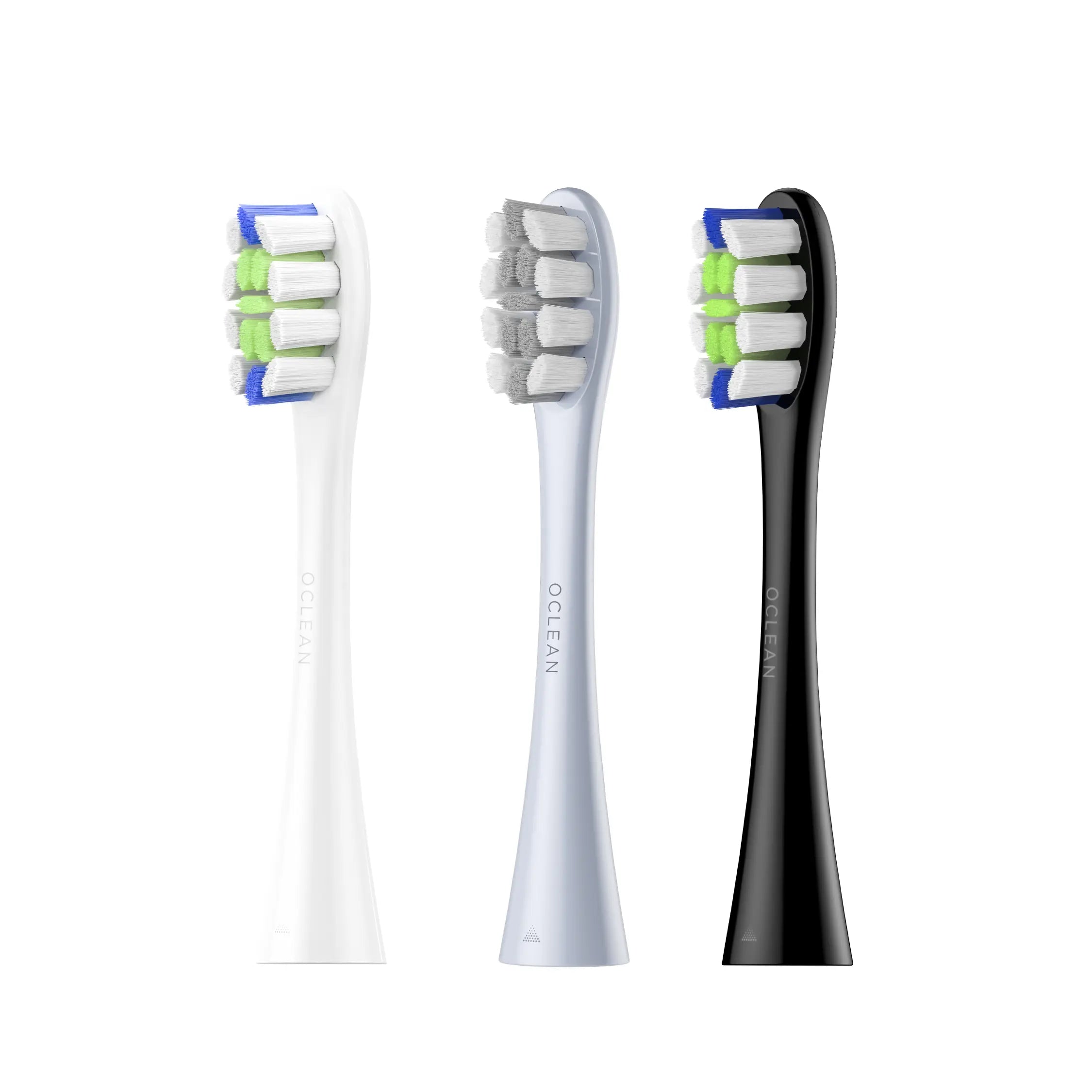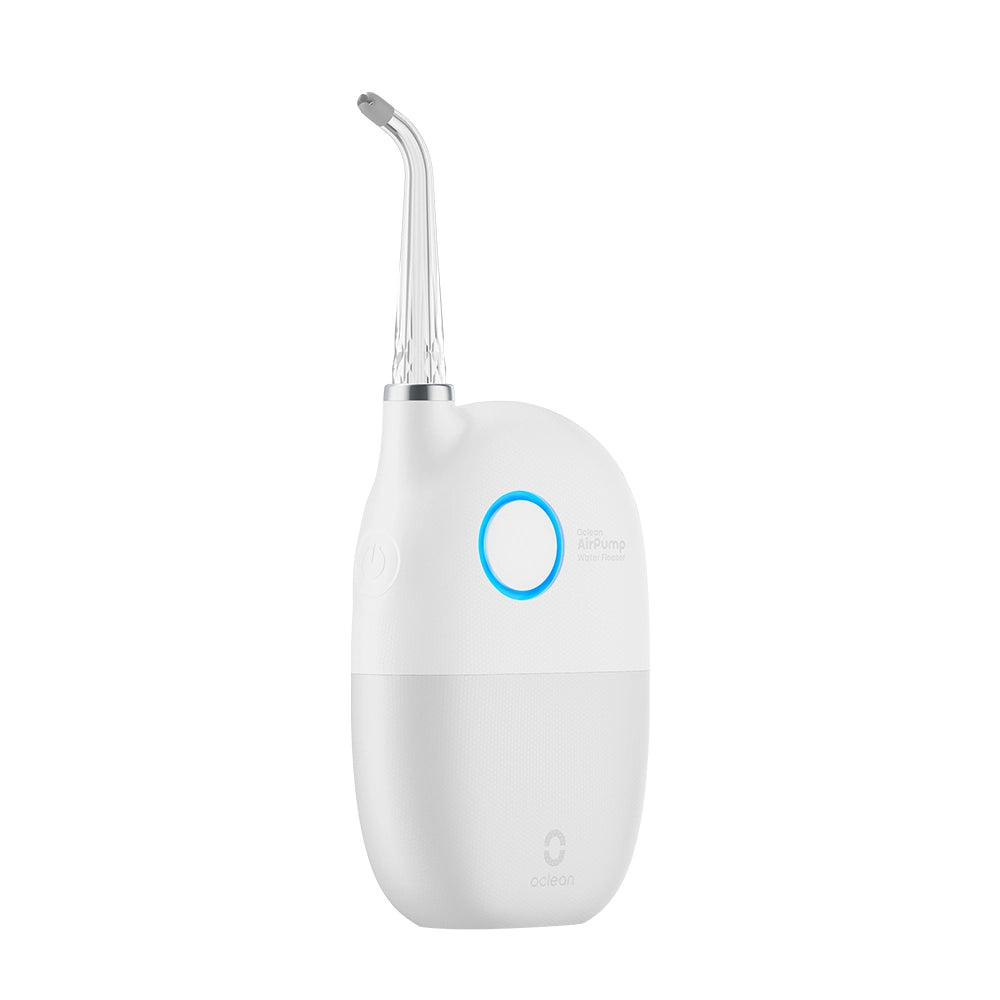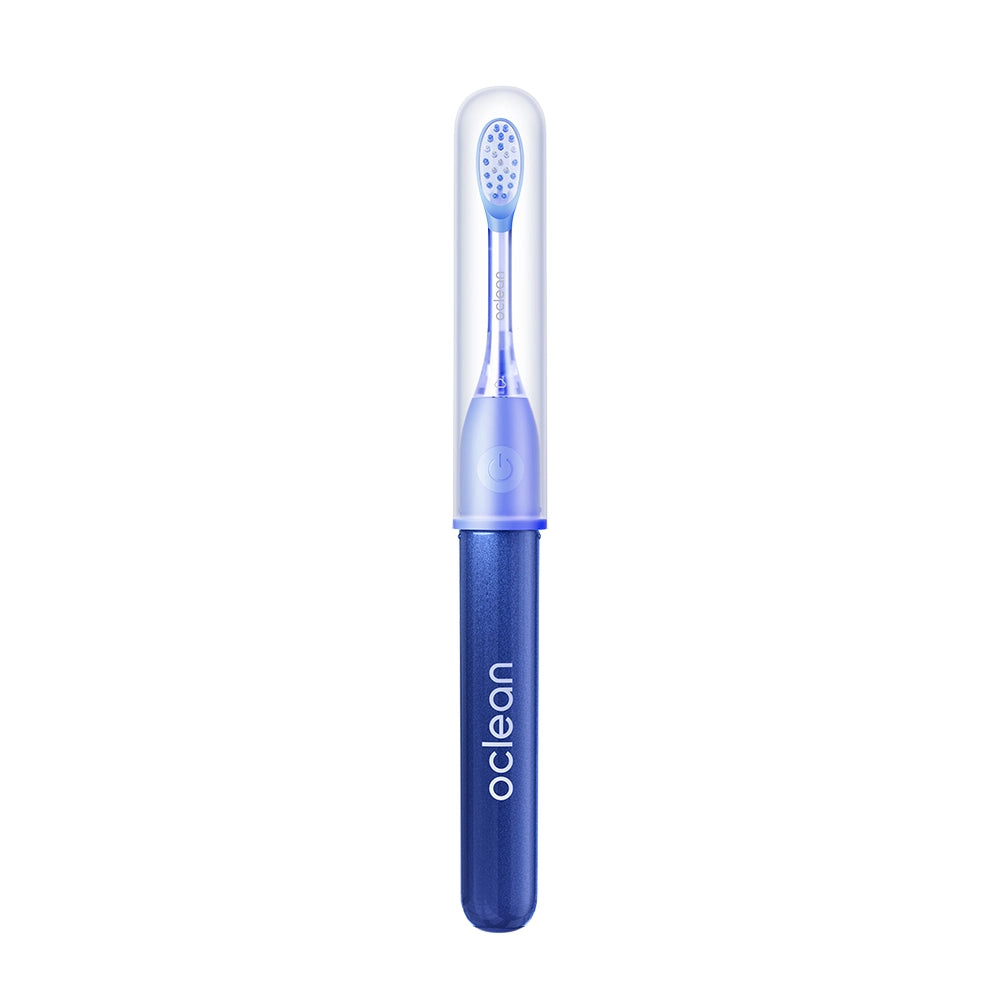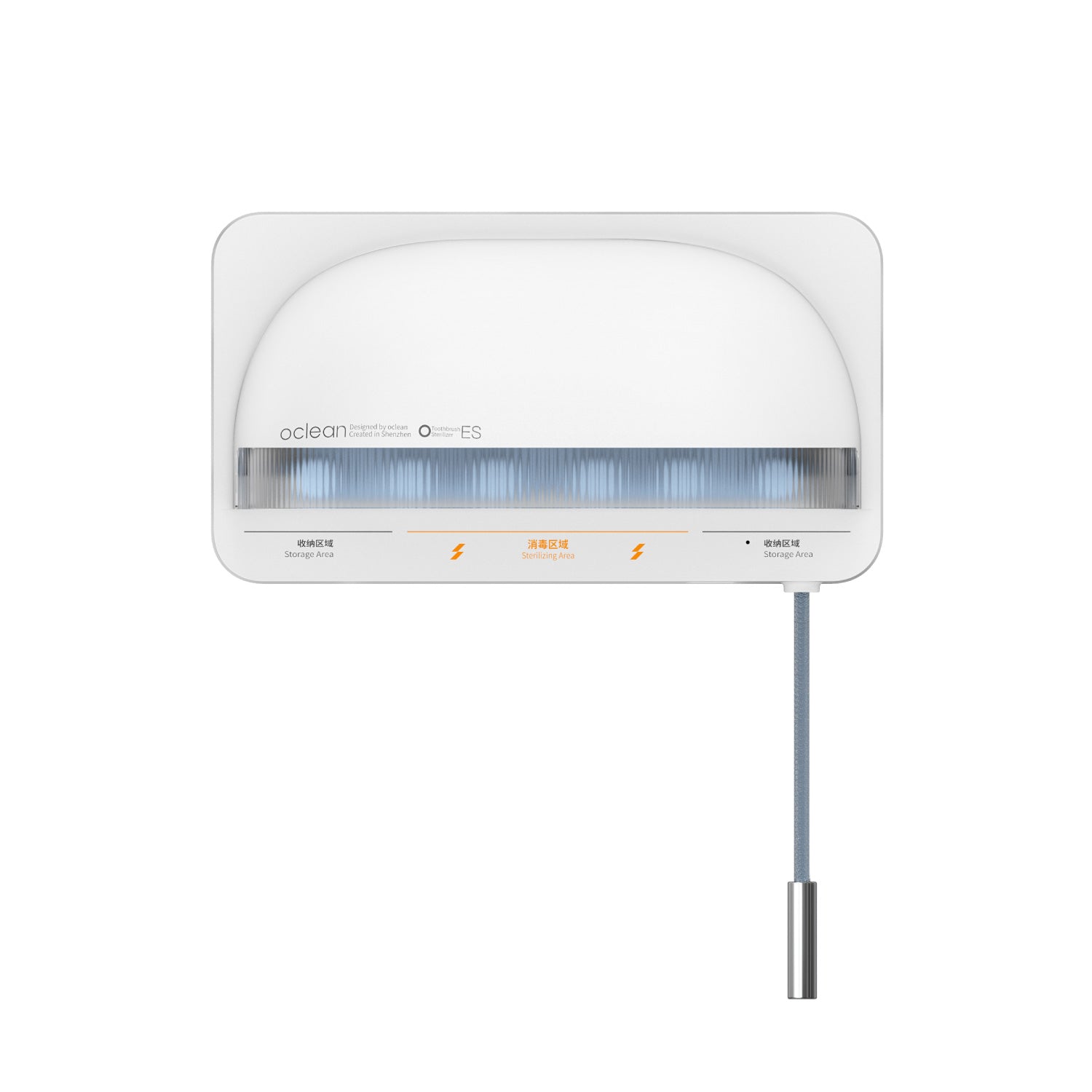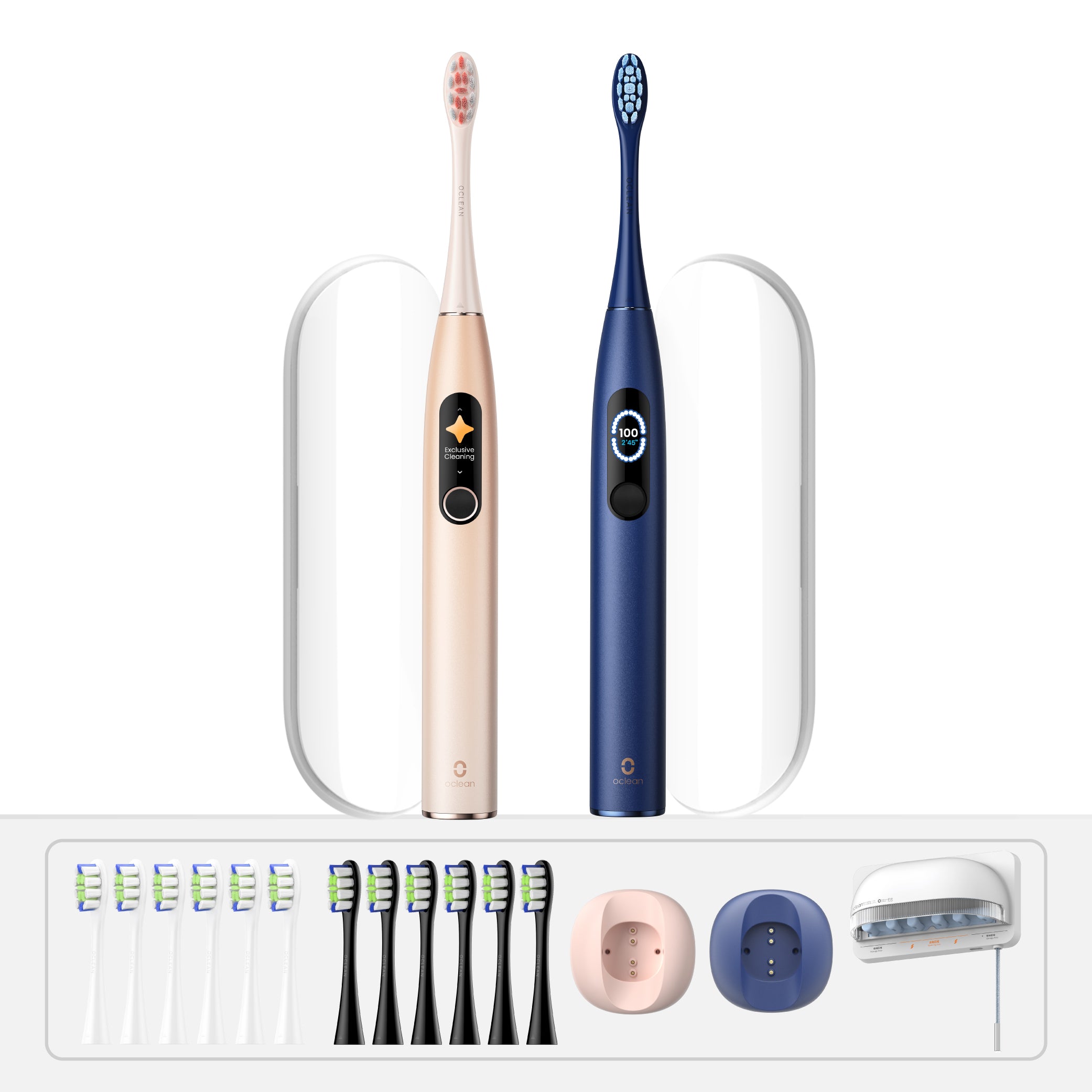If you've ever experienced a toothache with earache, you're likely wondering how they're related. The truth is that your teeth and ears share the same nerve pathways as one another, so pain can go back and forth between them. An ear infection, a clogged sinus, or even a jaw problem can cause your teeth to ache, as well. And it's not always a one-way deal; sometimes tooth pain can create earaches, too.

In this article, we are going to discover how earache and tooth pain are related and what you can do about them.
The Anatomy Behind the Pain
Your teeth and ear may appear to be two quite separate components of your body, but they're closer than you imagine. This unexpected link is due to the complex system of nerves that travel across your face and head. Special to this is the trigeminal nerve, which handles the senses of your face, also sending signals to your jaw, teeth, and even ear.
This shared nerve pathway is the reason why a problem in one area can affect the other. If you have sinusitis or an ear infection, the swelling will cause pain to radiate to your teeth, particularly those in the upper jaw. The opposite is the same: dental issues like an abscessed tooth can cause irritation of nerves that are also linked to your ear, causing radiating pain. This is called referred pain, where the brain is receiving pain signals from one area as coming from another.
In addition to the trigeminal nerve, the auriculotemporal nerve is also included in this association. It is responsible for jaw movement and ear sensation, so infection of the tooth or TMJ disease can also be the reason for ear pain. Since these nerves are very close to one another, whenever one region of the area becomes inflamed, the other one is involved as well.
Understanding this anatomical relationship makes sense as to why your ear and teeth are involved in the same pain attack when the cause can be in one or the other.
Can Earache Cause Tooth Pain?
Can an ear infection actually hurt your teeth? The answer is yes. When you have an ear infection or some other problem with your ear, the pain doesn't necessarily remain in your ear. In fact, it can radiate into your teeth, particularly those on the upper jaw. This is because the nerve that controls sensation in your teeth, the trigeminal nerve, is directly associated with nerves in the ear. So, when the ear hurts from an infection or inflammation, it can transmit pain signals to the teeth, as well, and create the feeling of tooth pain.
A middle ear infection is one of the most frequent reasons for this. When the ear is infected, it presses on the teeth and jaw. The pain will be like it is coming from the tooth itself, but the problem is in the ear. Sinus infections that cause congestion and pressure will also have the same effect and result in pain in the top teeth, which are close to the sinuses.
The second probable cause is TMJ (temporomandibular joint) disorders. The pain of TMJ disorders can refer to the teeth, creating the idea that the ear and the teeth are both involved at the same time. Patients with TMJ complain of toothache and earache, so it is hard to know the precise location of pain.
At any rate, if you have both ear and tooth pain, it is important to understand the cause. It may be an ear infection, sinus, or a dental issue. Understanding the cause is important to decide on the right treatment and get rid of the pain effectively.
Can Toothache Cause Ear Pain?
Just as tooth pain can be caused by earache, the reverse is also true: earache can be caused by tooth pain. The reason is once more because of the nerves that control the areas. If you have an infected tooth, for instance, an abscessed tooth or even a cavity, the pain will travel down the nerve channels into your ear. This is especially so for the upper teeth because they are in proximity to the ear canal and sinuses and, therefore, tend to affect the ear.
One of the most frequent ways that toothache causes earache is by temporomandibular joint (TMJ) problems. The TMJ is the joint that links your jaw to your head, and it plays a central role in chewing and speaking. When your teeth are not properly aligned or when you have problems such as grinding or clenching, it puts stress on the TMJ. This stress can produce pain that radiates into the ear, producing the feeling of an earache in addition to the toothache.
Infected wisdom teeth can also cause toothache, resulting in earache. The impacted wisdom teeth are just near the ear, and their infection or inflammation permits pain to reach the ear area. This gives a sensation of fullness or pain in the ear, which is often confused with an ear infection.
For an in-depth guide on wisdom teeth and their possible impact, read When Do Wisdom Teeth Come In.
Thus, while toothache and earache can seem like two separate problems, nerves in your face and head can quite easily confuse them with each other, so it is difficult to tell where exactly the pain lies. If you have both problems simultaneously, a dental check-up can determine if the tooth is the reason for your ear pain.
Common Conditions That May Result in Ear and Toothache
There are several conditions that will lead to pain in the teeth and ears, and it will be difficult to determine which one is the underlying cause.
Temporomandibular joint (TMJ) Disorders
Temporomandibular joint (TMJ) disorders are among the most common causes, as both are related to the jaw and the ear. TMJ dysfunction can result in pain and discomfort in the jaw area, which can be felt by both the teeth and the ear. People who have TMJ will tend to feel headaches, facial pain, and earaches due to the strain on the joint.
Sinus Infections
Another offender is sinus infections. Sinuses are on either side of the teeth towards the back of the mouth, and when they become infected or inflamed, the pressure becomes painful and is transmitted to the teeth, specifically the back molars. It feels like a toothache but is actually due to a sinus infection. The same sinus pressure is transmitted in the ear and causes ear congestion and pain.
Middle Ear Infections
Middle ear infections are yet another condition that can be responsible for both ear and tooth pain. These infections bring about pressure and inflammation of the ear, which will refer to the upper teeth. In turn, dental infections, like cavities or abscesses, can impact the ear by inducing referred pain down the nerves between the two regions. The most likely tooth abscess to cause ear pain, as infection can travel down the nerve channels.
Bruxism
Bruxism or tooth grinding is yet another condition which can cause ear and tooth pain. People who grind their teeth during the night usually end up developing jaw pain, which sometimes also includes the ear, which leads to pain and swelling.
If you are suffering from an ear or toothache, it is advisable that you consult a medical professional in order to identify the cause of it. Proper treatment and diagnosis will stop the pain and will cure the condition.
How to Relieve Ear and Tooth Pain?
Tooth and earaches can be exhausting, but there is relief, and it comes in all shapes and sizes. The first thing to do is figure out where the pain is. If you believe it is dental, you need to see the dentist. An abscess, infected tooth, or cavity may need to be treated immediately before the pain becomes worse.
If the primary complaint is the earache, over-the-counter pain relievers like ibuprofen or acetaminophen may help to ease pain. A warm or cold compress may also help to ease pain. For sinus-induced pain, saline nasal sprays or decongestants can ease ear and tooth pain and pressure.
In certain instances, if the pain is chronic, your dentist or doctor may provide a mouthguard for pain-related conditions such as grinding of the teeth or TMJ or antibiotics for infection. If there is an ear infection, an antibiotic ear drop or an oral antibiotic may be recommended.
It is worth noting that although these treatments may relieve the symptoms, they do not necessarily cure the cause of the pain. If your ear or tooth pain persists or worsens, you need to have it examined by a physician so that you can receive the correct diagnosis and specific treatment.
For additional support, check out 8 Toothache Remedies to Relieve Pain Fast.
The Bottom Line
Understanding the connection between ear and tooth pain is necessary to treat it appropriately. Whether the pain is in your teeth or ear, understanding the reason is the way to relief. TMJ, sinus infection, and tooth abscesses are just a few of the things that can cause the pain you are experiencing, and treating the reason promptly will prevent further damage.
If you want to maintain healthy teeth and prevent tooth pain, the Oclean X Ultra 20 Sonic Toothbrush is an ideal solution. A high-quality sonic toothbrush provides deeper cleaning to prevent cavities, gum disease, and tooth infection, which are frequent reasons for tooth pain. With its efficient yet gentle sonic technology, the Oclean X Ultra 20 provides a deep clean even for sensitive gums, preventing tooth pain and a smile without pain.
Make the smart oral care decision now and try it with the Oclean Sonic Toothbrush.
Table of Contents
